




Barry Orchard OT (JH 44-50)
Language Teacher: 1958-87
Founding Whitworth Housemaster: 1974-79
Author: ‘A Look at the Head and the Fifty’ The only Housemaster to have a Matron, Peggy Bawcutt
Mike Duncan
Maths Teacher: 1968-00
Whitworth Housemaster: 1979-93
Married to Mary
Ian MacEwen
Economics and Politics Teacher: 1982-07
Whitworth Housemaster: 1993-07
Will Biddle OT (PH 76-81)
Design Technology Teacher: 2004 –Whitworth Housemaster: 2007-22
Married to Ultimate Frisbee – oh, and Tara
Chris Ashurst
Head of Business: 2017 –Whitworth Housemaster: 2022 –Married to Raquel
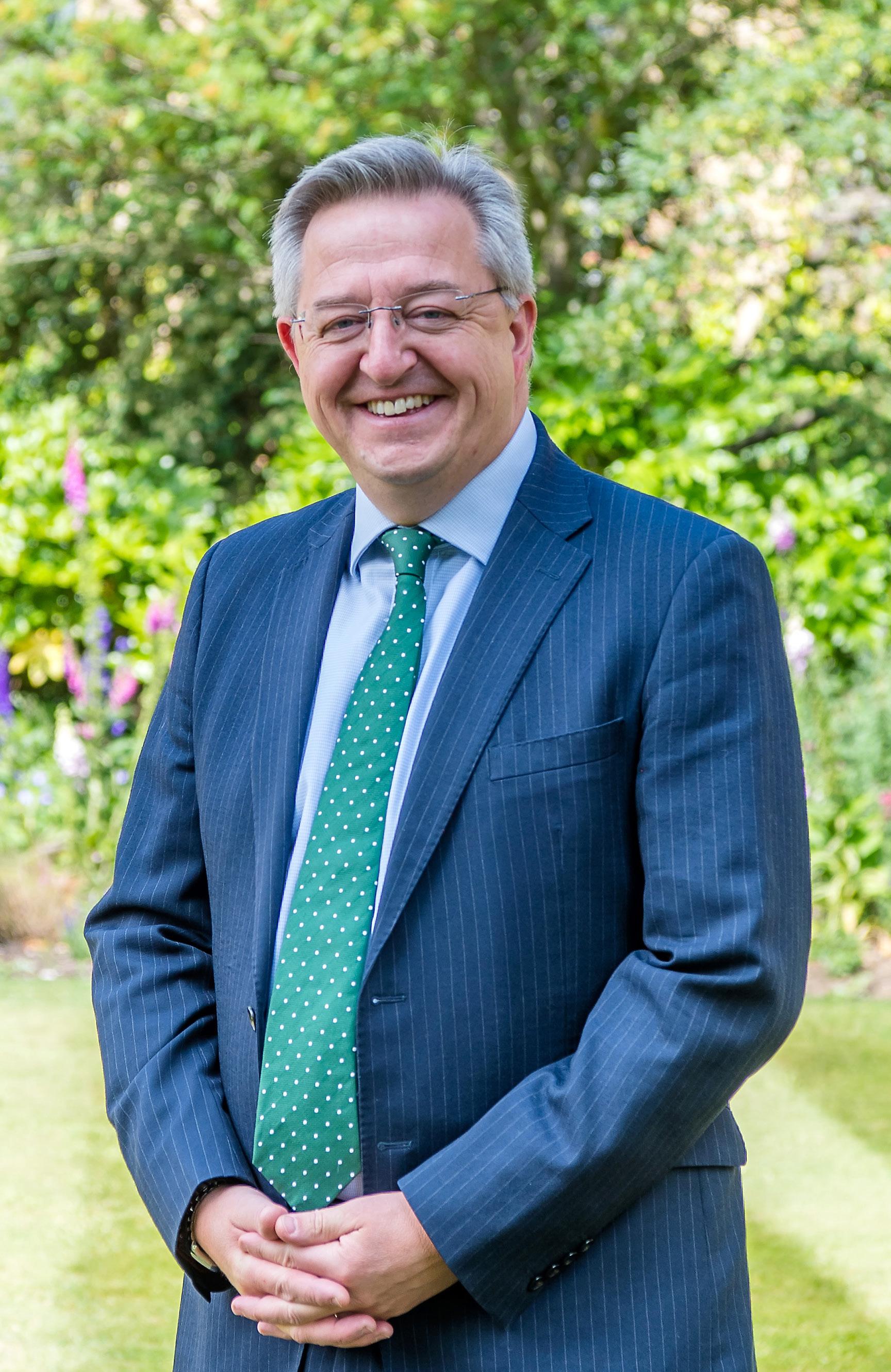
Iwould like to welcome all of you to Whitworth House’s 50th anniversary. In the early 1970s the School numbered just over 600 boys, of whom three-quarters were boarders, but the growing demand for day places could not be accommodated within the two existing day boy houses, Smythe and Welldon, which each already had 75 boys. The Headmaster, Robert Ogilvie, therefore won the approval of the Governors to convert the existing waiting house, Knox, into a third day boy house and he fortuitously asked Barry Orchard, then in charge of Knox, to become its first housemaster.
Barry himself had been a boy at Tonbridge under Eric Whitworth and helped persuade the Headmaster that this should be the name of the new house. Eric Whitworth could lay claim to being Tonbridge’s greatest headmaster. His headmastership started as the first shots of the Second World War were fired and finished in the post-war austerity of 1949. He had to cope with the threat of German invasion, a relentless bombing campaign which put the School community in great danger, and a rapid decline in the number of boys which caused two houses to be closed. By the time he retired in 1949 he had managed to put the School on the path to recovery and expansion.
There could not have been a man better suited to the job of establishing the new House on the Tonbridge map than Barry Orchard. During his five-year tenure, he created a wonderful base for involvement in every aspect of School life. By 1979 Whitworth was able to co-exist with the established houses in pretty much all aspects of School life, from sports to the arts, from music to community activities.
Whitworth now flourishes as one of five day houses, the balance between boarding and day having been changed even more since 1974. It is still the only house named after a former headmaster.
As a former Whitworth parent, I am delighted to welcome you to this special celebration in which we hail the House’s half century and look forward to the next fifty years to come.
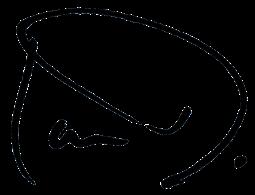
Headmaster
Ladies and Gentlemen. You have kindly come here this evening to celebrate the opening of the first new house at Tonbridge since Welldon and Smythe were formed from the old Day Boys A-K and L-Z in 1932.
I found it difficult to decide whether to regard this evening as a housewarming – that seems inappropriate as we have already lived here for seven years; as a launching – it seemed rather a waste to throw a bottle at it; a wedding – rather unlikely at my age. In the end I decided that it most resembled a birth – the only birth, as far as I know, apart from my own, in which I have ever had any direct part.
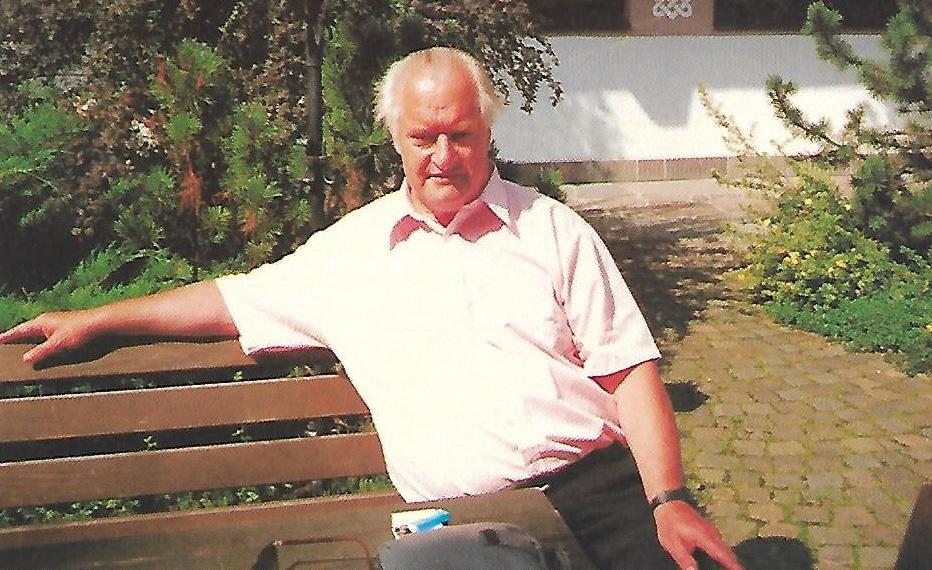
Now the gestation period of a hippopotamus, I am told by Mr Edwards, who often gets things wrong is about 22 months and it is in fact just 22 months since Whitworth House was conceived. The pregnancy and the labour pains were probably roughly those suffered by a hippopotamus – I think what was different was the moment of conception. I’m told that this should be a moment of ecstasy – but I doubt if even a hippopotamus could get ecstatic at the thought of mating with a committee, especially whilst the Headmaster was sitting at one end smoking a cigar whilst Mr Smalman-Smith was at the other taking down the minutes.
I can’t remember much about the Committee – I believe it was called The Committee for the Consideration and Possible Establishment of a Third Day Boy House. I can remember Mr Smalman-Smith saying that he agreed with a third Day Boy house being established in Knox and that he thought it ought to be Welldon, and Mr King saying the boys would only leave Smythe over his dead body, and as you see he is very much alive this evening. The Bursar pointed out that financially three-Day Boys equalled one boarder and the Works Bursar said, “But Headmaster, that is cancelled out because space wise one boarder equals three day boys”. It looked as if we needed a new house for impoverished pygmies.
So, the seed of the idea was sent to Skinners’ Hall where they have a special man who sits on these things and eventually hatches them, and finally came back the answer – Yes.
Next came the problem of who should be the housemaster. Personally, I couldn’t see any problem, but the Headmaster obviously thought differently. One day on the Fifty he came up to me after the match and said, “How are you feeling?”
As it was an Exeat Saturday, and the boys were all going home I said – “Marvellous. Why?” “Oh”, he said “I thought you’d been looking rather run down lately. Of course, you are getting on, aren’t you? What are you now – 50?” I replied that I had just turned 40. “Well,” he said, “it’s the question of the housemaster for the new house. I am looking for someone who is young and vigorous and still has a long time to do.” Suddenly I realised what he meant. “Well,” I said, “if you wish to appoint a married man, my accommodation just won’t do. You’d have to buy him a house nearby and houses in our road are fetching £20,000 plus.”
He turned rather pale. “The job’s yours” he said, “you’re just the young and active type I had in mind.”
Planning the new house was an interesting experience and prospective housemasters might like to know how the system works. You walk round with Mr Shellard and Mr Werren, and they agree to all your demands and take them down in notebooks. You of course do not take notes. As soon as they are outside the gate, they throw away their notes and draw up their own plans. A few weeks later, a document arrives in your pigeonhole marked “Approved by the Governors. No further amendments possible.”
Next came the problem of the name. The only two famous Old Boys not yet commemorated are E.M. Forster, who hated the place, and Alastair Crowley. The Headmaster had an idea. “How do you like the sound of Ogilvie House?” he asked. “It’s very nice,” I said. We decided to call it Whitworth.
Whitworth was the man who saw the School through the war and built up the numbers afterwards. He is said to have been a bad housemaster at Rugby, a moderate headmaster at Bradfield and a brilliant Headmaster of Tonbridge. Among Tonbridge headmasters he is unique. First of all, he was English. Secondly, he had no academic pretentions at all and never used words which the staff couldn’t understand. The only time he did say something to me which I did not understand and still don’t – because my Latin is bad – was when he said “Orchard, I’ve decided to appoint you Head of the School – faute de mieux.”
Anyway, I am delighted that we are honouring him in this way, and I am particularly glad that my old housemaster, David Somervell who was a member of Mr Whitworth’s staff, is here to support me this evening.
The choice of who was to be Head Boy of Whitworth House was made for me, as usual, by David Kemp. He came to my study and, for David, was remarkably coy. “You know I hate nepotism,” he said, “but I’ve been thinking who I want as head of your new house, and I’ve been through the list and have come regretfully to the conclusion that the only possible candidate is my nephew. However, feeling as I do about nepotism and favouritism, it’s out of the question. You’ll have to make do with his twin brother.”
Other boys were asked to transfer from Welldon and Smythe, and Mr King and Mr SmalmanSmtih had a gentleman’s agreement that they would not stand in anybody’s way – which is why we had 20 volunteers from Welldon and three from Smythe.
Anyway, the conversion has now taken place – the second since Miss Bawcutt and I have been in Knox – one more than even St. Paul had to put up with – and I should like to thank sincerely all those responsible: the Governors, who, I hope are paying for it – though after Court Line, who knows? – my own staff and the works staff, especially the painters and carpenters who have had to put up with my changes of mind. When Miss Bawcutt pointed out that there was nothing in the plans for a door to the Praes’ changing room, Mr Warren said, “Don’t worry, Matron, the Governors couldn’t afford a door. But what I’ll do is knock the wall down the other side of the corridor and put a door in there. Then all they’ll have to is take a long run and a jump and you won’t even know they’re naked.”
Finally, I should like to thank you for all for coming and making this such a memorable occasion. Particularly I should like to thank the Master of Skinners’ Company, who is going to propose a toast to the new House as soon as I have finished. Some housemasters, sir, are saying that I only invited you to make sure that my building was finished while theirs go on falling to bits. To this scurrilous charge I can only answer that they’re absolutely right.
Barry Orchard’s speech for the opening of Whitworth



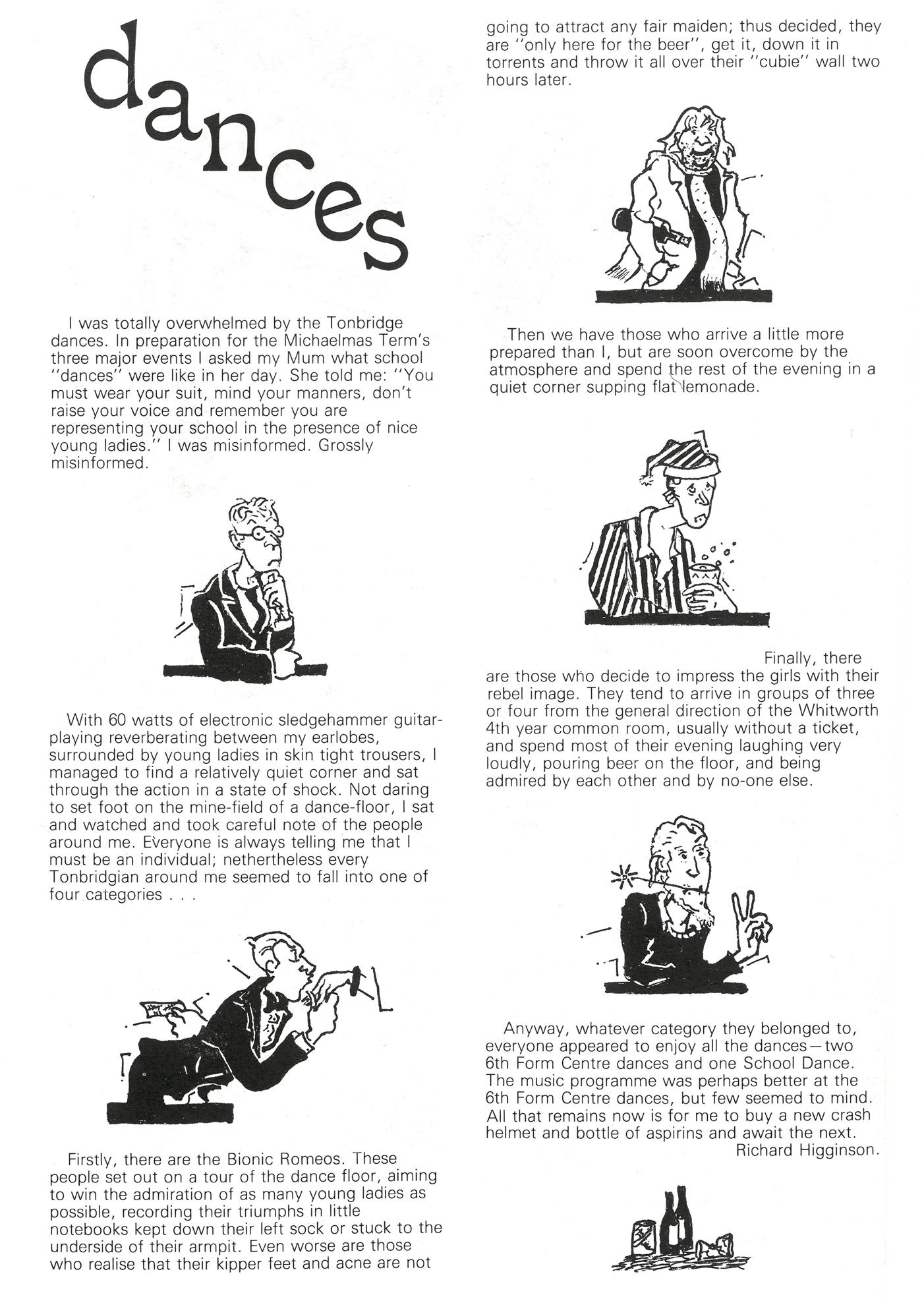
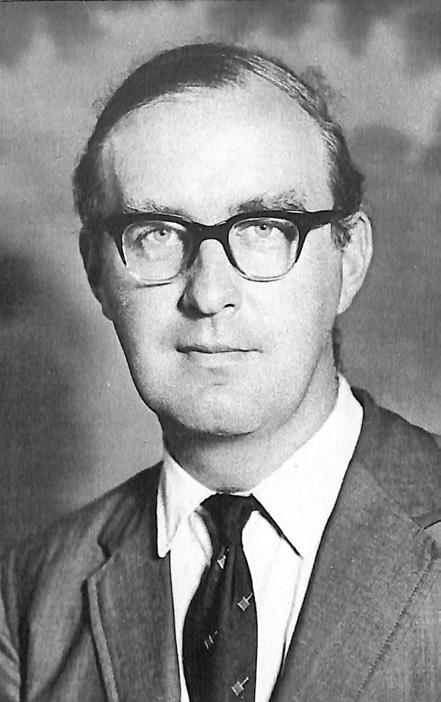
Robert Ogilvie 1970 - 1975
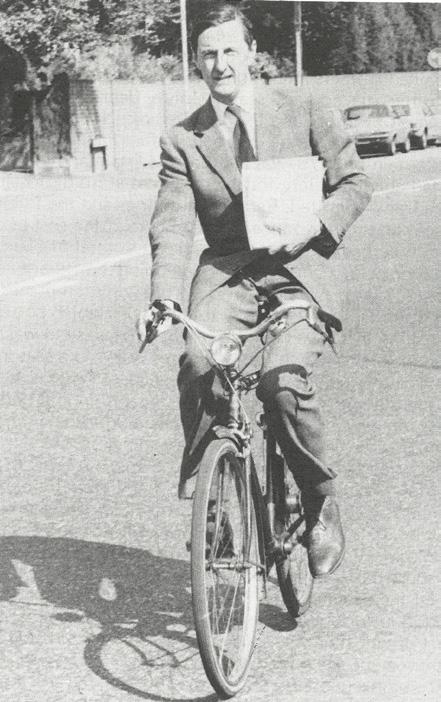
Christopher Everett 1975 - 1989
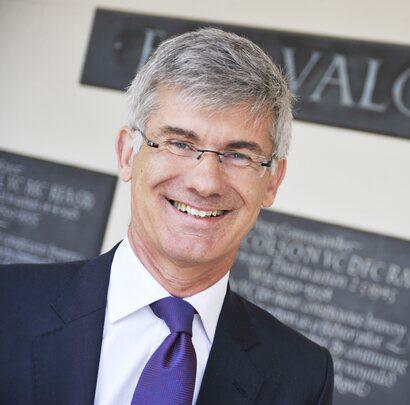
Tim Haynes 2005 - 2018
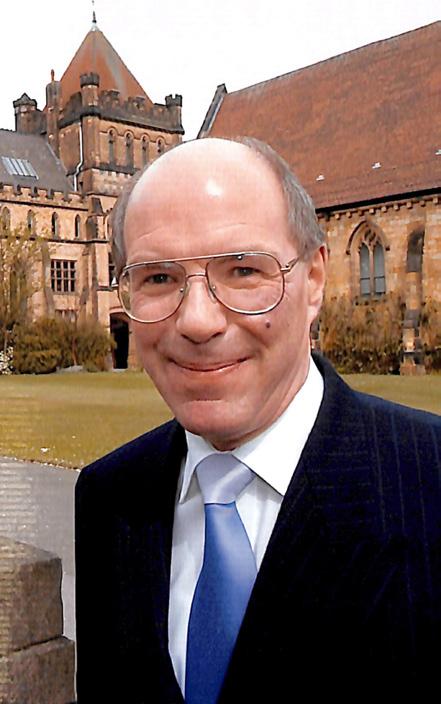
Martin Hammond 1990 - 2005
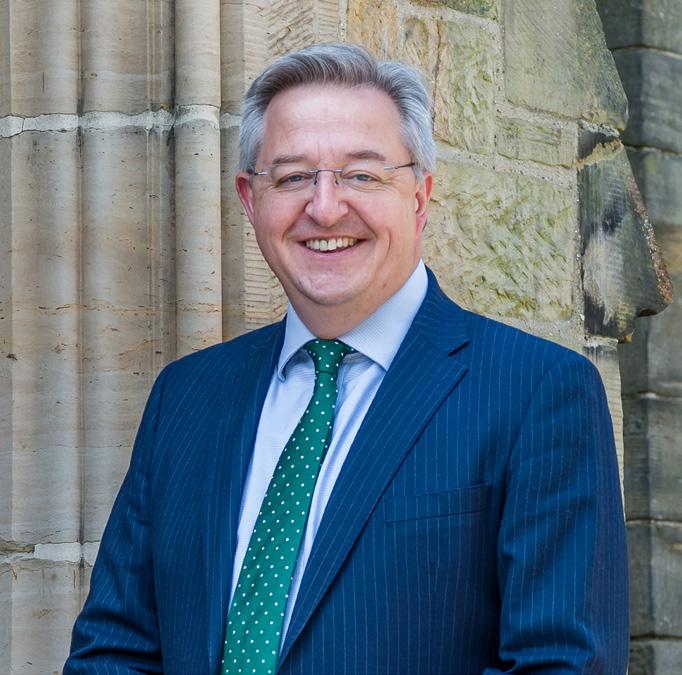
James Priory 2018 -
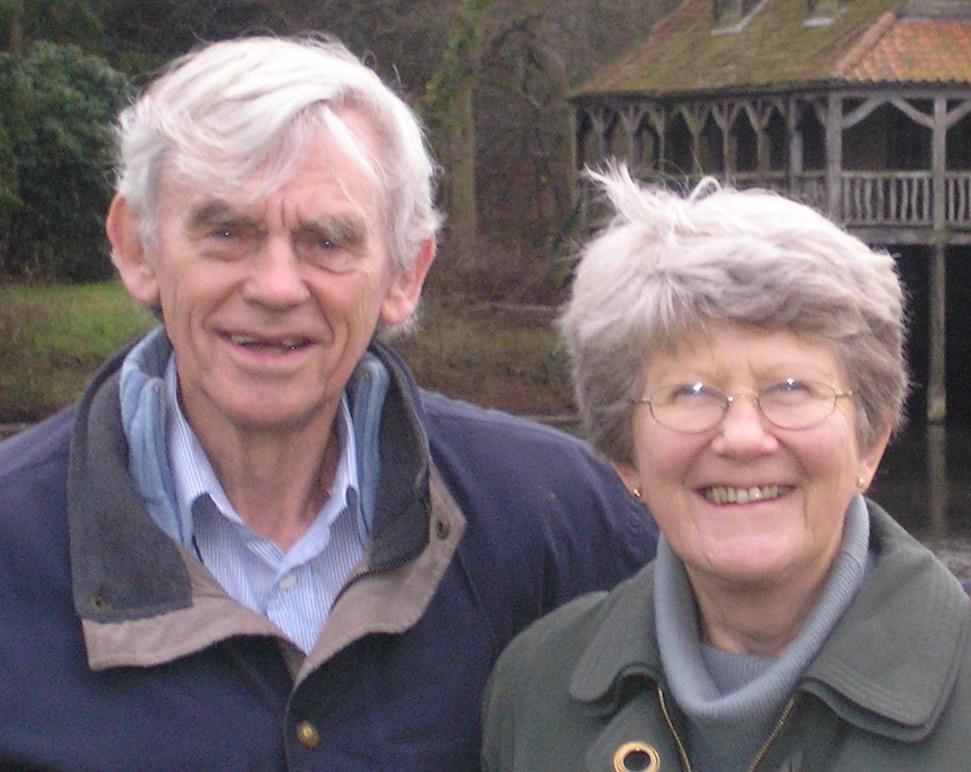
Mary and I spent the academic year 1974/5 in America on an exchange year, so we missed the grand opening of Whitworth House. Barry Orchard, the first Housemaster, had been a boy at Tonbridge and Head of School under Headmaster E E A Whitworth after whom he chose to name the house. Barry had already been Housemaster of Knox House, a waiting house for Novi, in the same building, until there was room for them in their main house. As he had already done ten years it was decided that he would retire from WW after serving only another five years.
In the summer term of 1979, I was surprised to receive a phone call from Christopher Everett quite late in the evening, asking me to come and see him. I was even more surprised when he asked me to take over from Barry, as I hadn’t realised Whitworth was going to be available. I have to admit I had been hoping to be offered a house at some stage, so I was delighted.
Barry was a hard act to follow in many ways. To start with, he continued to live in his flat at the top of the building until Clare House, riddled with dry rot, could be made habitable for him. My first set of Praes, chosen by Barry of course, were fiercely loyal to him. He would go down to watch a senior house league match on the Baths fields and give lifts to several players on the way home, who would then visit him in his flat. But Barry was a kind friend, and he did his best to help me take over.
For my first seven years I commuted from our house, 39 Dry Hill Park Road, arriving by 8.00 am as the first boys began to roll in. Meanwhile, Barry was being served breakfast in his dining room near the kitchen, as he had for the previous 15 years. Lunch was partaken in three separate rooms, including Barry’s, which was not ideal as I could only keep control in one of them.
During this time there were several resident senior students on the top floor of the house with two bachelor masters with bedsitting rooms on the first floor to supervise them.
Eventually it was agreed by the governors to extend the main dining room out into the garden far enough to take the whole house for lunch and, later to make dramatic changes to the layout of the house to provide accommodation for a housemaster and family. The senior students were accommodated elsewhere, and the bachelors moved out. Life became much easier after that as, for the first time, I felt I was in charge of the building and all of its daytime inhabitants. The nighttime inhabitants, apart from my family, were the responsibility of the Works Department and their rodent traps.
There were highs: winning Senior House Rugby, a superbly organised House Concert, various House Plays, a well-behaved House Dance; and lows: having to heat a marquee, under snow on the lawn for House Suppers, having to track down and deal with a secret bully, having to weed the garden, with Mary’s help, in the run-up to Skinners’ Day when the gardener left unexpectedly. But mostly life, though busy, was fairly uneventful.
Unquestionably, my worst experience was the death of Simon Bazell. Simon, who had been a much-respected Head of House, died as a result of a car accident in the summer holidays shortly after leaving the School. I had to phone his university to explain why he would not be taking up his place the following term. His funeral in the School Chapel was a very distressing and sombre occasion for all of us.
At the end of my first Skinner’s Day my Head of House bade me farewell at the boys’ entrance, saying, “Goodbye, Sir.” Two minutes later there was a ring at the front door, and there he was. “Hello, Mike.” he said. Well, he was an OT by that time. One day, during the holidays, I was mending chairs wearing dungarees when the doorbell rang. It was a meter-reader, so I took him down to the basement. On departure he asked me if there would be a caretaker at Ferox Hall as well. “Yes”, I said. “His name is Commings”. So, that’s what we were – caretakers.
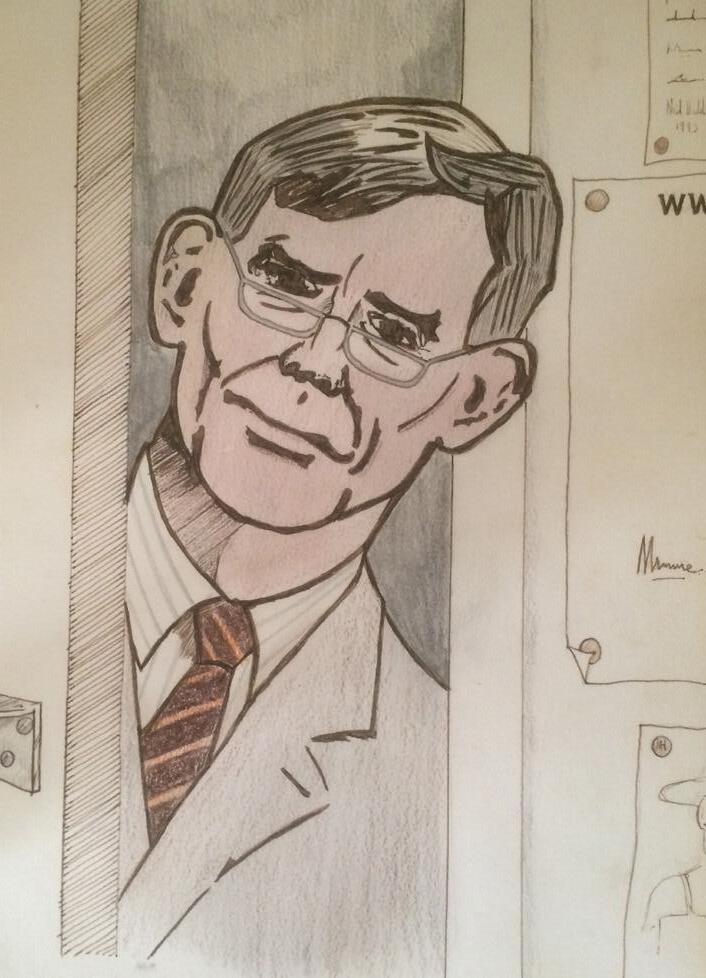
Drawing by Neil Hudd (WW 89 - 94)
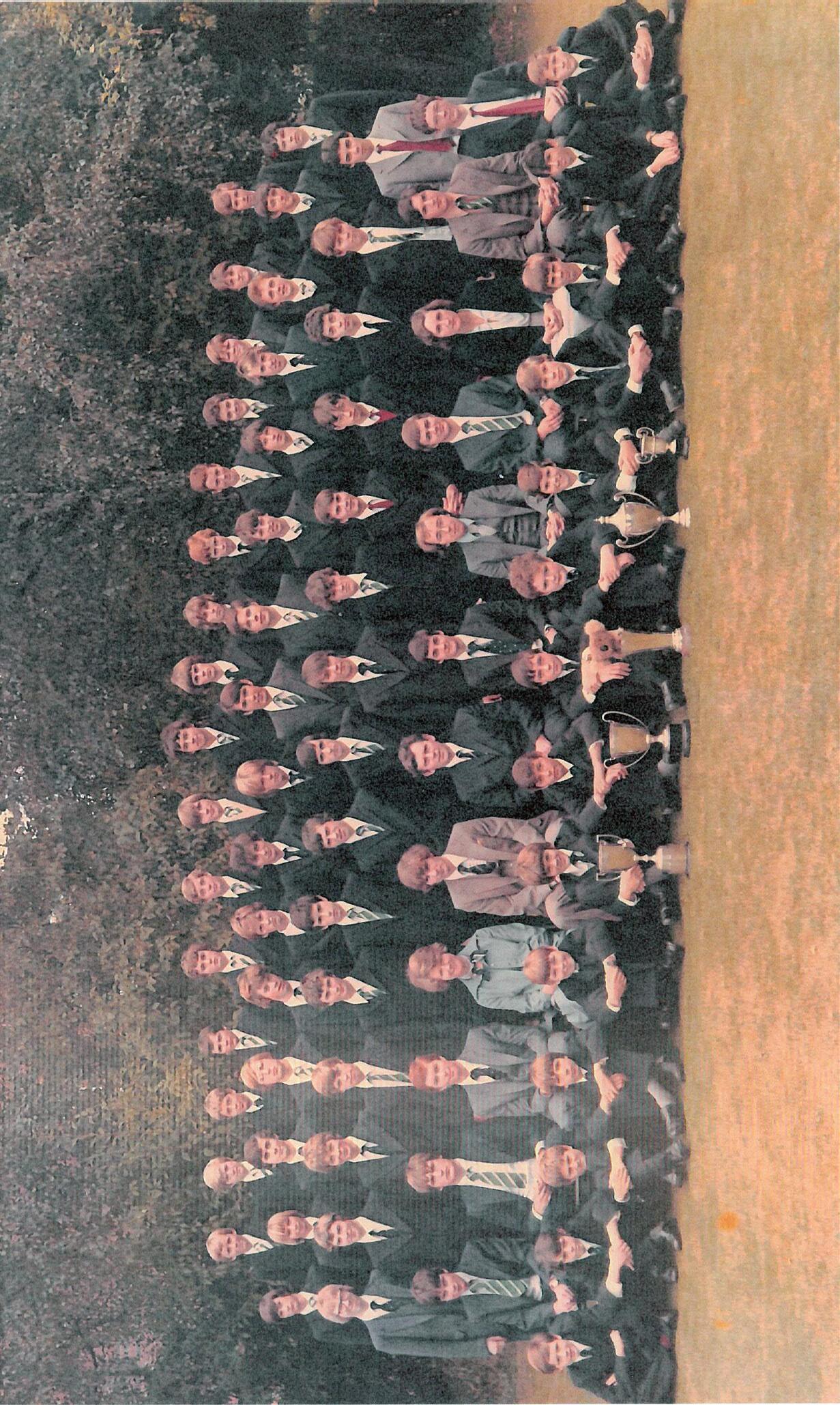

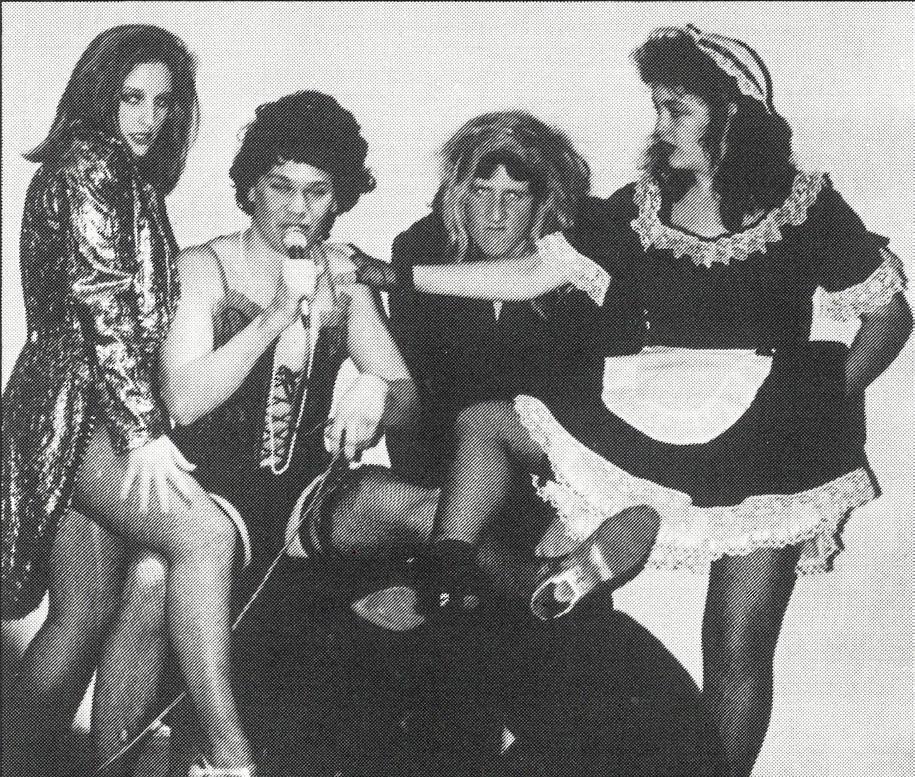
35 Whitworthians (almost half of the entire House) and one outnumbered Ferocian took part in the Whitworth performance of Alan Ayckbourn’s ‘A Chorus of Disapproval’, a play parodying a middle-class amateur dramatics group putting on a production.
Tonbridge gave the play an interesting twist, however, with a surprising and scandalous feature of The Rocky Horror Picture Show as the performance.
The use of suspenders and corsets on Tonbridgians as well as the colourful language was enough to evoke a ‘chorus of disapproval’ from the Common Room and parents alike, and so the Whitworth boys made life imitate art with their performance, perhaps most aptly summarised by Andrew Edwards’ (CR, Sc 73-78) pre-emptive “It’ll be horrendous. The boys will love it.”
Directed by James Tarry (87-92)
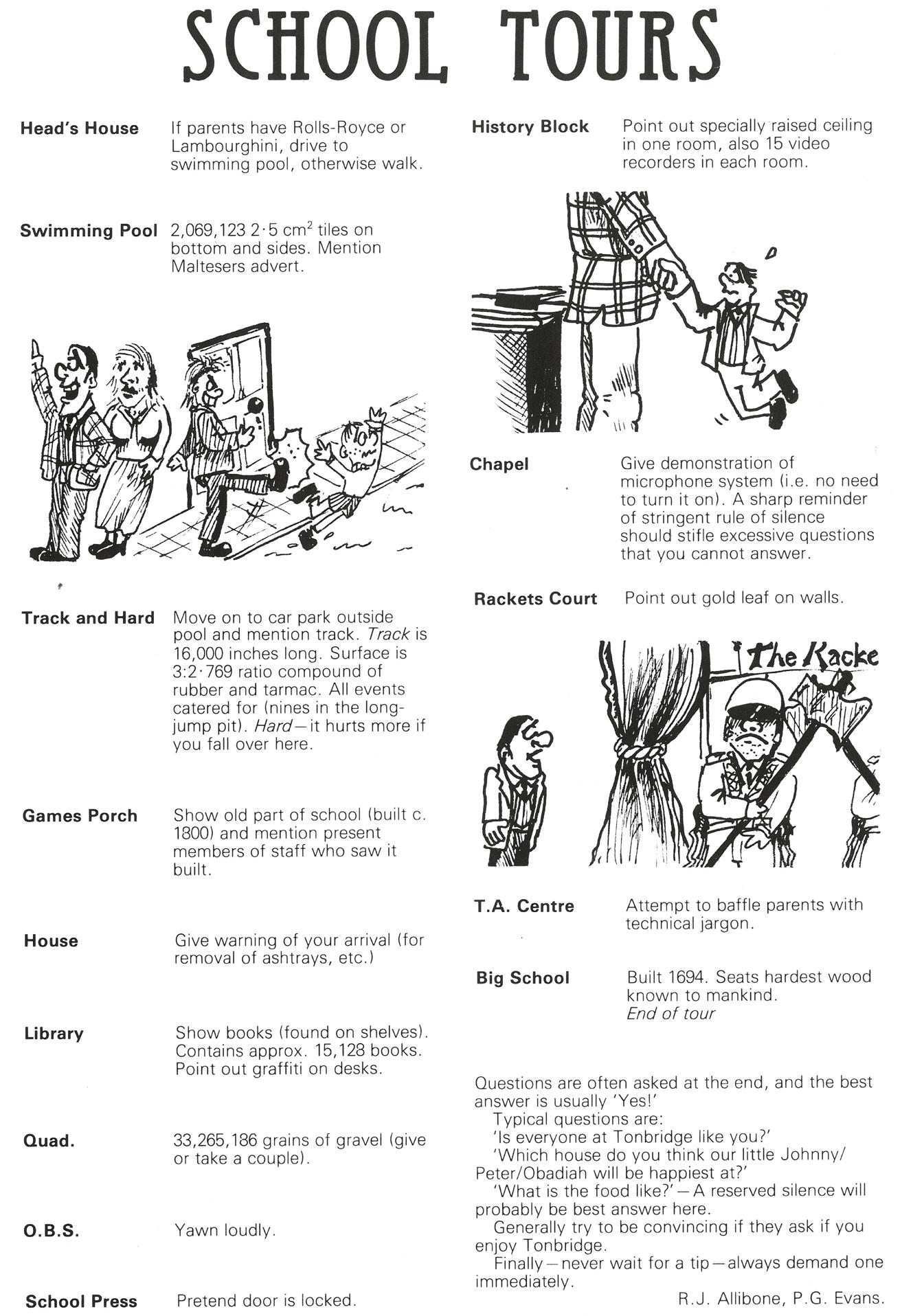
Attending Whitworth from 1990-1995 meant I had the opportunity to be guided by Michael Duncan for three years and then Ian MacEwen for my sixth form years. Novi days included games of Boggle with buttered toast with Mr Duncan, delivering food supplies to the top floor, to unfeasibly tall Sixth Formers like Mr Pendered’s son Ollie and wondering why the Praes had such a fashion for riding vintage-looking bikes from the ‘50s or earlier around campus: where did they find them?
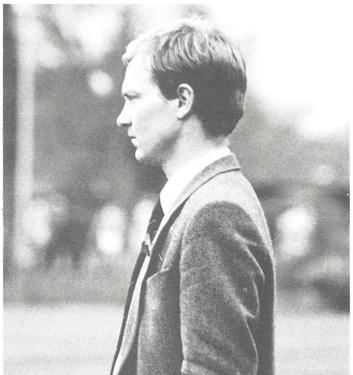
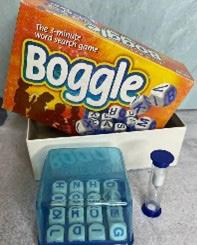
What is now Year 10/11 was very defined by music: you were either acid house or indie/grunge. One lad got given a Times Leader to copy out for writing ‘Red Hot Chili Peppers’ on the notice board in black marker pen. The School rock concerts were a real buzz, with band names hinting at the obscure or risqué. Other thrills which took time to process were trips to the Western Front, plus exchanges to France and Spain. Anthony Seldon showed us war films on the coaches to and from the London Museums. Mr Duncan’s announcements featured lists of surnames prefixed with “Messrs”: it struck me that Maths teachers knew some French.
It was handy to do a few GCSEs early, buying time for extracurricular adventures: a course in Switzerland thanks to an OT’s bequest, where we had daily French classes and afternoon football by Lake Neuchâtel. Weekends featured lager served in boot-shaped glasses: the trick was not to let air into the ‘toe’: a Ferox boy got a beery hair wash!
Walking to lessons from Whitworth meant watching out for traffic. Mr Tebay, deputy head, told off any smokers because Mr Hammond, the then Head, smoked a pipe. Peter McManus in chemistry would sniff near us when we came in from break to check.
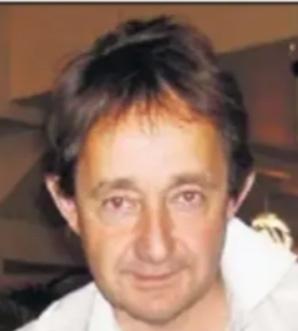
The arrival of the Orchard Centre was exciting, the modern art/graffiti style decor was a backdrop to nicer food than the little WW kitchen previously managed. There were some amazing visiting speakers: POW veteran and magician Fergus Anckorn, and jazz singer George Melly.
Watching 1st XV rugby was extraordinary but it was hard to accept that football was forbidden, it’s good that Tonbridge sport is more inclusive in the new century. There was a fortnightly A3 mini student magazine called Tonbridge Today: my writing was called into question when I wrote in favour of women priests.
Moving up to the sixth form at Whitworth was a good feeling: your own locker, access to the toaster, better views. The studying room wasn’t always as quiet as intended: wrestling found its way in there too. Mr MacEwen walked in on a seated wrestle, to be told “It’s not what it looks like, sir!”
The common thread through the Duncan and MacEwen years was to take pride in what you did and be kind to each other - with a healthy dose of regular satire in every direction at the House Soirées, sung to the tune of pop acts like Pet Shop Boys. Regular table tennis was great fun. It was great to have a house bike shed: the six mile round trip from Weald village contributed a lifelong love of cycling and I continue to commute by bike: my spare bike now is the same Raleigh I rode to Whitworth 30 years ago.
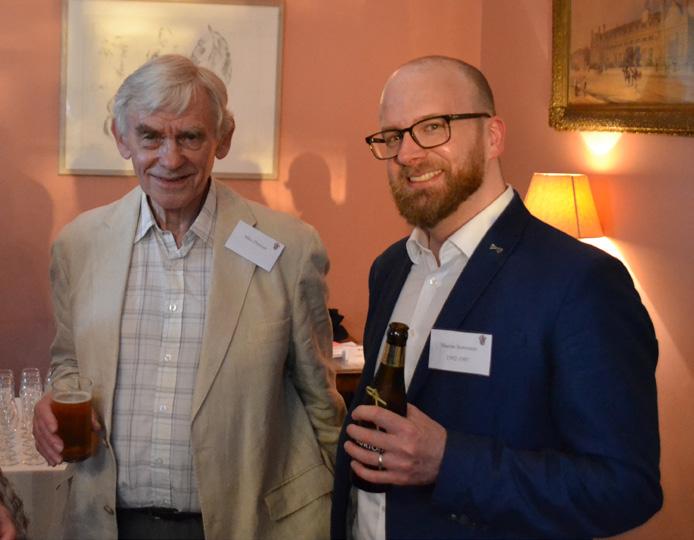
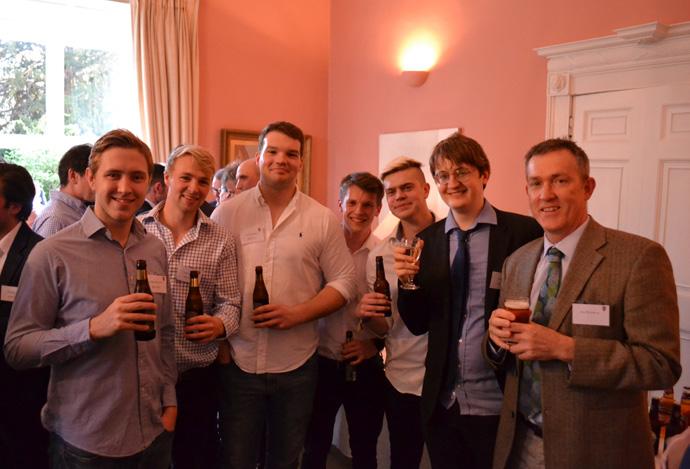

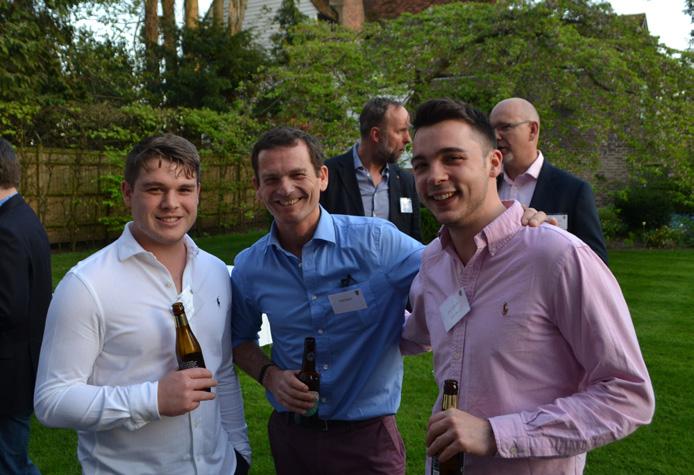
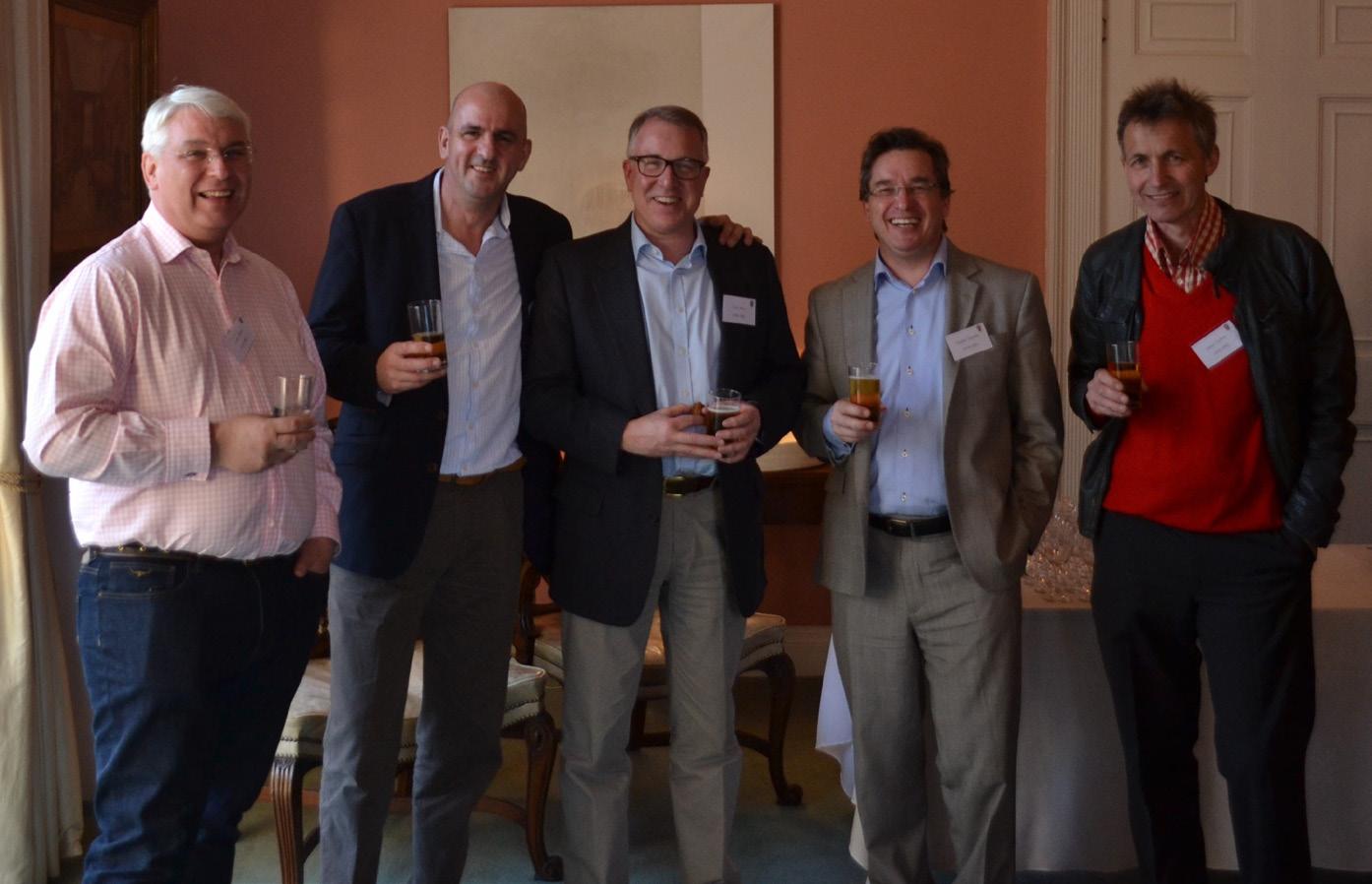
Whitworth win Foundation Cup three years running! 2013, 2014, 2015
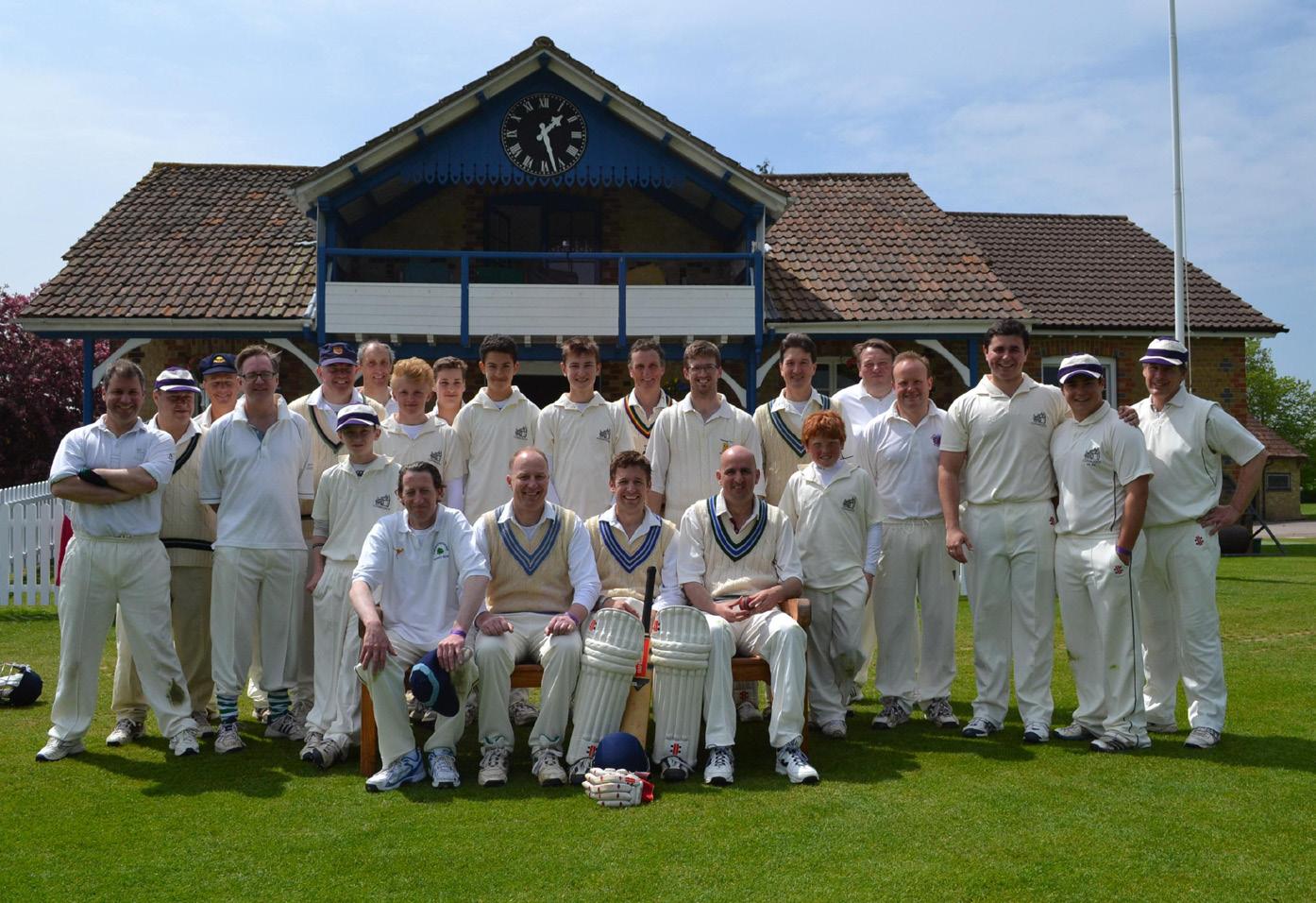
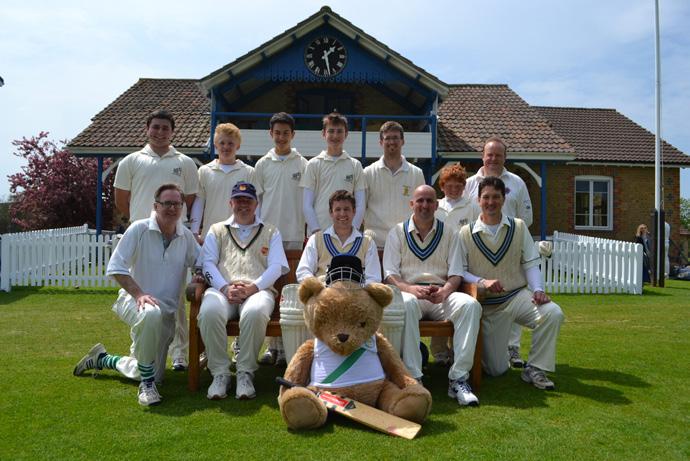

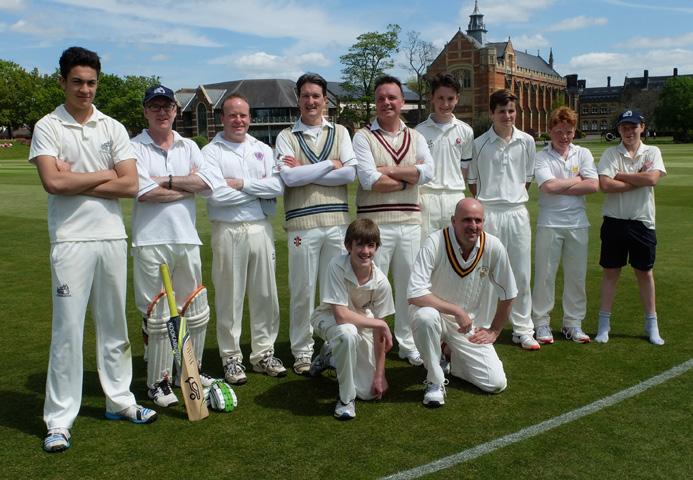

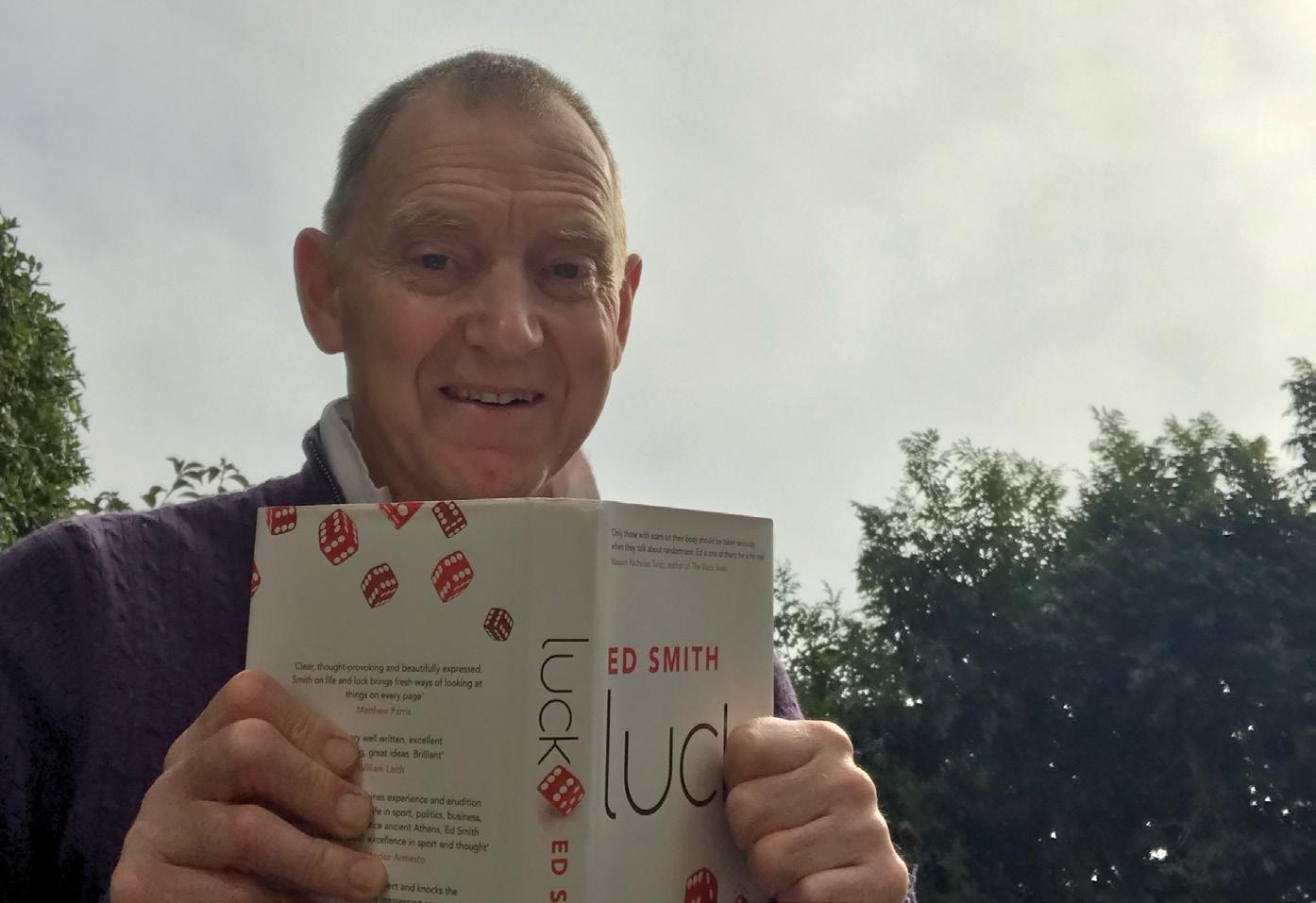
Whitworth House was named after Tonbridge Headmaster Eric Whitworth, who is credited with restoring the fortunes of the school following the very difficult war years. His portrait, revealing a somewhat stern gaze in keeping with the demands of the time, maybe still gazes down on the table tennis area in the House.
The first Housemaster back in 1974 was Barry Orchard, OT and Modern Languages teacher. It is therefore fitting that Whitworth eat lunch each day in the Orchard Centre, named after Barry (although on occasion I did wonder what Barry would have thought about his name being given to what is the main catering complex).
Mike and Mary Duncan bequeathed a fine House which was subsequently elevated to even greater heights by Will and Tara Biddle. I merely had to provide a small amount of filling within a majestic sandwich.
Whitworth was fortunate to be supported by an array of fine Tutors, all of whom were heading upwards on a stellar career path: Sir Anthony Seldon (Head of Brighton, Wellington and Epsom Colleges and Vice-Chancellor of the University of Buckingham), Clive Dytor MC (Head of The Oratory School near Reading), Nigel Lashbrook (Head of The King’s School, Bruton and Oakham School), John Holmes (Chief Examiner of the Associated Board of The Royal Schools of Music), Huw Evans (Head of Mathematics at The Haberdashers’ Monmouth Schools and international cross country runner), Robert Palmer (Assistant Head at The Spires Academy near Canterbury), Chris Battarbee (Head of Geography) and Mike Rowan (Housemaster of Manor and an Indiana Jones style explorer/traveller).
Everyone either endures or enjoys schooldays, so the experience can be viewed as something of a lottery where there is inevitably a large element of chance. Parents choose School and then House, whereupon their thirteen year old sons are thrust into a year group room with up to fifteen others - and those young teenage boys are expected to get along with each other from Day One for the next five years!
Of course many make that adjustment with ease: they possess the skills and understanding to handle with calm and cheerful fortitude whatever challenges happen to be thrown in their path; it is therefore not difficult to predict that their schooldays will most likely be a happy and rewarding experience with a sprinkling of the glittering prizes in the form of the achievement of A grades, selection for A teams, as well as leading parts in plays and orchestras. Whitworth always contained such star quality: a string quartet of stunning quality, a national rackets champion, an England schools rugby player, two Oxford organ scholars, and eight offers from Oxbridge within one academic year spring immediately to mind.
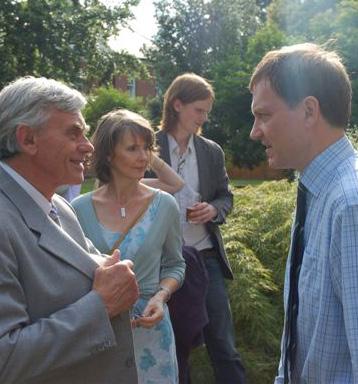
Others, however, tend not to find school life so easy for a wide variety of reasons. This can develop into a particular issue in a competitive environment such as Tonbridge, which is brimming over with supremely talented pupils and where the encouragement from an outstanding teaching staff causes standards to reach staggeringly high levels, such that it is all too easy for the confidence of some to become frayed if and when the going turns out to be not such plain sailing.
This list would embrace those whose individual interests and temperament are such that their schooldays are never going to be ‘the happiest days of their life’. Such people, however, tend to do extremely well once they have found their niche in the adult world (and then schools are quick to welcome them back as being among their finest products!)
Whitworth’s purpose was to be a place whereby pathways were smoothed, with the journeys through school made as easy and frictionless as possible. The House certainly had its share of divergent and different characters who were able to take their time to discover where their true talents and interests lay. One hopes that this platform at 11 Dry Hill Road gave them the confidence to fly in their chosen careers. This Whitworth philosophy will now be continuing into the second fifty years under the guidance of Chris Ashurst.
If asked to name one highlight above others, it would have to be the Christmas outing to a West End theatre in London: Whitworth men leading the dancing down the aisles at the finale of Buddy, Mamma Mia and other top-quality shows. Thanks for the memories!


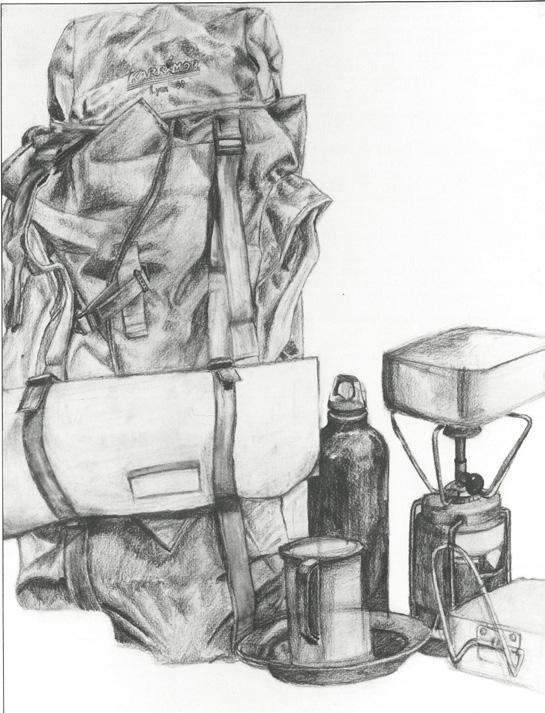
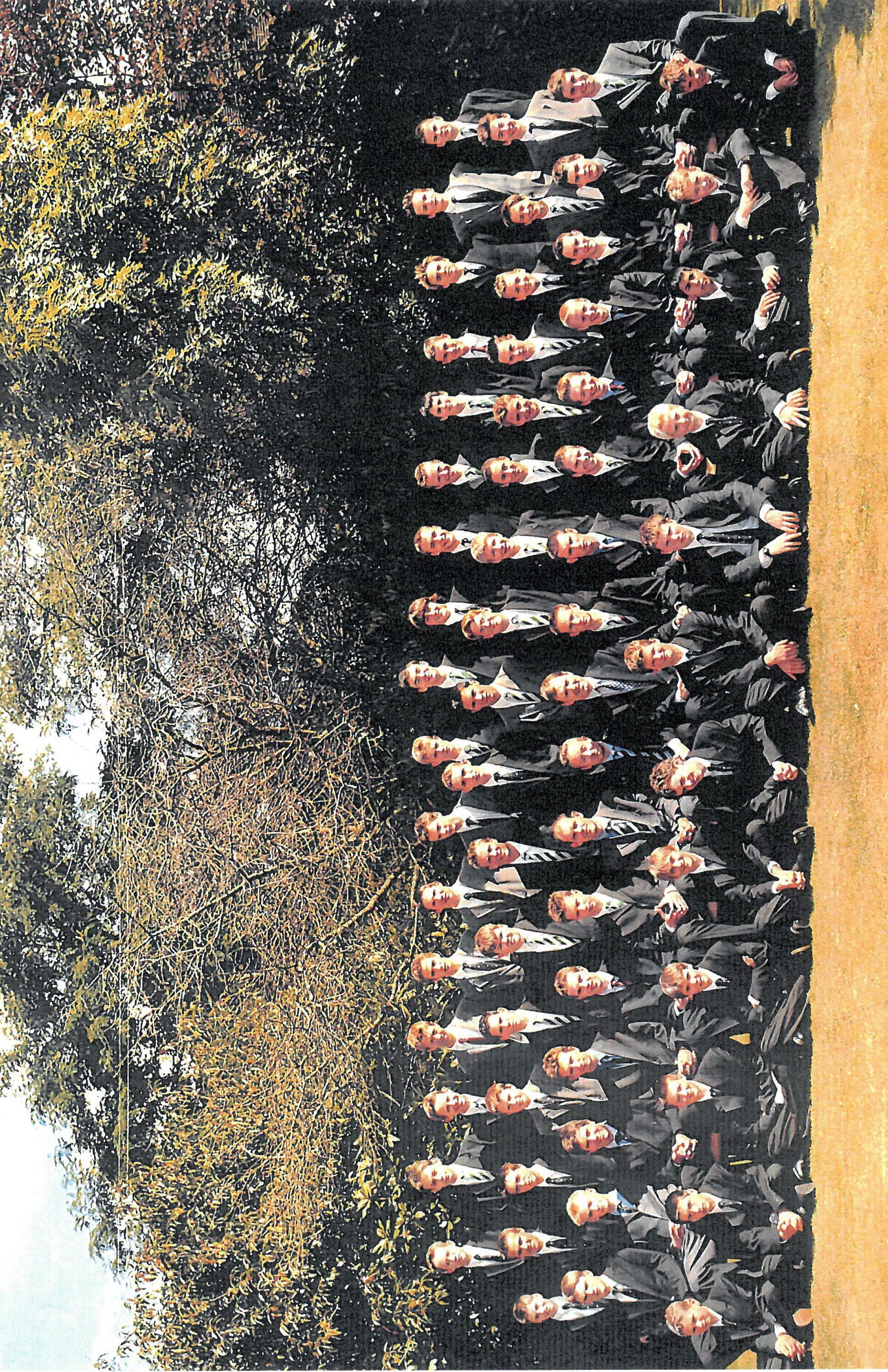
My memories of Whitworth are it was a time of change. The School excelled at cricket (a given) but at not much else except for the quality of educators or teachers who were beginning to make their mark. Some, like Barry, had attended the School in their youth and had returned post Oxbridge and fledgling careers in law and the like. I think that all were caring and that many were “all-rounders” particularly with reference to sport. Barry was a mentor who became a close friend. He shaped Whitworth House and played a part in shaping me.
Richard Macnamara (70-75)
Head of House
An image I’ve struggled to shift from my memory for over 30 years is this one of George Wade (WW 87-92) resplendent in bodice and suspenders starring as Frank N Furter in our house play A Chorus of Disapproval from the Michaelmas Term 1991. My first (and admittedly last!) foray into theatre directing but a production that did cause a bit of a stir, playing every night to full houses in the Oast Theatre - as the reviewer said in the Tonbridgian, “in my limited four-and-a-half-year experience of Tonbridge I have seen nothing like it!”
James Tarry (87-92)
Head of House
The first time I crossed the porch of the boys’ side I was greeted by a smiling Ollie Robotham offering me some chocolate. I remember this because it was unexpected, and most welcome. Anyone and everyone was welcomed with a smile. This feeling remained for the five years I was in Whitworth and, for me, sums up the culture Will and Tara fostered there. It’s sometimes easy in life to feel hopeless when you look around and it seems a few individuals are determined to pull society apart. However, kindness for, and trust in, the next person is a good start to an antidote. And that’s what I hope Whitworth continues to stand for.
Will Bench (10-15)
Head of House
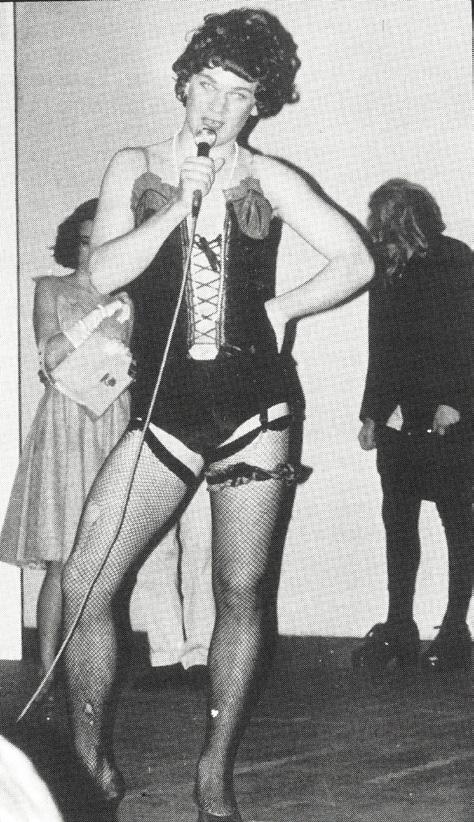
One recent event has personally resonated with me in highlighting the bonds and friendships built over the past five years in Whitworth. This was encapsulated at a leavers’ dinner at the Warren in Tunbridge Wells where you wouldn’t be able to find a closer-knit group of people despite the stress of public exams and a battle with a global pandemic. Parents and children all sharing a laugh, exchanging stories, and making toasts about our journeys to becoming the people we are today. It showed me what true friendship is – lifelong relationships that will transcend the next chapters in our lives whether it be abroad or at university – which we owe to Whitworth.
Nick Laidlaw (19-24)
Head of House

Ihave to go back quite a long time to start the task of recalling my time as Housemaster of Whitworth; it was in the late Michaelmas term of 2006 that Tim Haynes offered me the role and to take over from Ian MacEwen. I had been aspiring for such a position for a couple of years, so I accepted the appointment with a great sense of excitement and honour, tempered by some trepidation of having to fill the boots left by Ian MacEwen’s outstanding tenure; a fact confirmed by a Lower Sixth boy telling me on my first day “you have massive boots to fill, Sir”!
Two terms of ‘handover’ and spending time with both Ian and the boys in the house, made it clear that having the interest of the boys would need to be at the centre of all my decisions and actions. My first Novi visit was a particularly auspicious experience, knowing that this was the first group of boys that I would be shepherding over the next five years.
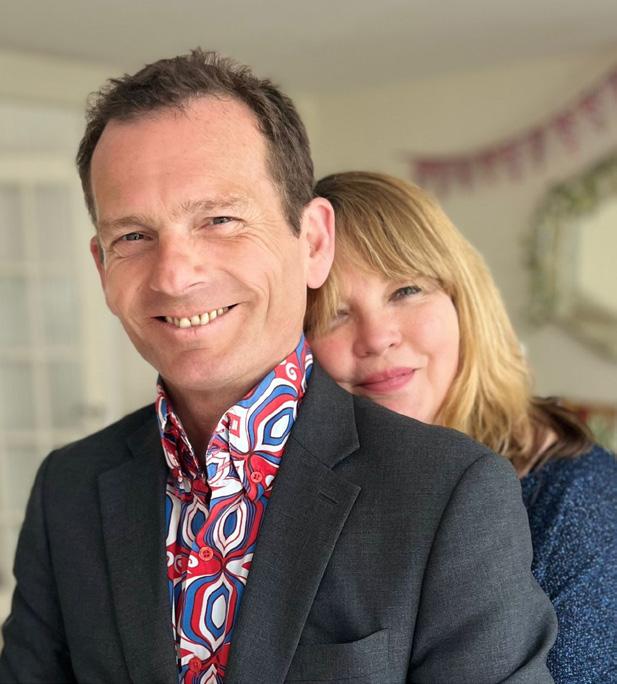
The Novi tea in September 2007 heralded my first full term in role and whilst I had spent significant amounts of time in Whitworth, nothing had prepared me for the rollercoaster that was to ensue. I was unprepared for the enormous amount of administration and housekeeping that goes with the role, the battle to mobilise 70 boys to attend Chapel in the mornings looking vaguely presentable and dealing with the relentless issues of missing or borrowed kit, tidiness and tardiness. However, I was also not expecting the panacea of the daily camaraderie and laughter, and the absolute joy of watching the young men in my care excel and grow.
It was during this first year that I began to realise that the boys, Tara and the house tutor team were my biggest supports and assets. This proved to be true and at an increasing level over the years; Tara offering invaluable counsel over pastoral and practical house business, and the boys, time and time again, proving themselves to be resourceful, responsible, collaborative and creative operators when given the opportunity to manage or instigate events, competitions and other initiatives. Their loyalty to the house was inspirational.
Half terms and holidays were always a welcome break, allowing us all to breathe and regroup. For Tara and me, it was also an opportunity to give 100% focus to our own children for once! Then we would be into the next term, with the wafts of damp rugby kit, Lynx and kebabs trailing around the house whilst I welcomed increasingly taller and more grown-up boys back.
There were so many highlights for us as a house in the school year; the annual trip to a London theatre, the hotly contested house music competition, the Christmas lunch, and not forgetting house competitions in sport, art, DT, film and debating, all of which elicited in me a great sense of pride in what the boys achieved. One of the most memorable events was our hugely enjoyable and popular quiz night.
The boys would always manage to pull together some fabulous music (at the last minute sometimes!) and with Jon Woodrow’s brilliant quiz, and our parents’ enthusiasm and varied array of snacks and nibbles, the evening was always a huge success, imbued with a relaxed and celebratory atmosphere, goodwill and humour.
The Summer term was in many ways the most enjoyable term in the year. Boys had well and truly settled into their year groups and were now focused on revision and preparation for the exam season. We were all enjoying warmer and sunnier weather, which always helps lift moods and energy levels, and I got to play lots of Ultimate Frisbee!
Inevitably, the last week or two brought mixed emotions as we began the journey of saying goodbye and farewell to the departing Upper Sixth, with Skinners’ Day seeing the completion of this rite of passage. The end of year also gave me the opportunity to reflect not only on the joy of sharing in the boys’ successes and achievements, whether academic, co-curricular or personal, but also on the richness of interactions and relationships I had also enjoyed with their parents.
Of course, there were inevitably a broad spectrum of challenges that boys faced on their journey, but to have the opportunity to work with them on these issues, and see the School come together to support them and see them through, was particularly gratifying. We said farewell to my old Park House Housemaster, the late and great David Kemp a couple of years ago, a man for whom I had great affection and respect. On reflection, I found myself thinking that without knowing it at the time, he had been training me for the same job that I was to take on 20 years later just one door down at 11 Dry Hill Rd.!
Housemastering was the professional highlight of my career (to date!) and was as much a way of life as it was a job. Whitworth is a special community that I loved and I found my role enormously rewarding and enriching. I will treasure those memories and relationships for the rest of my days.
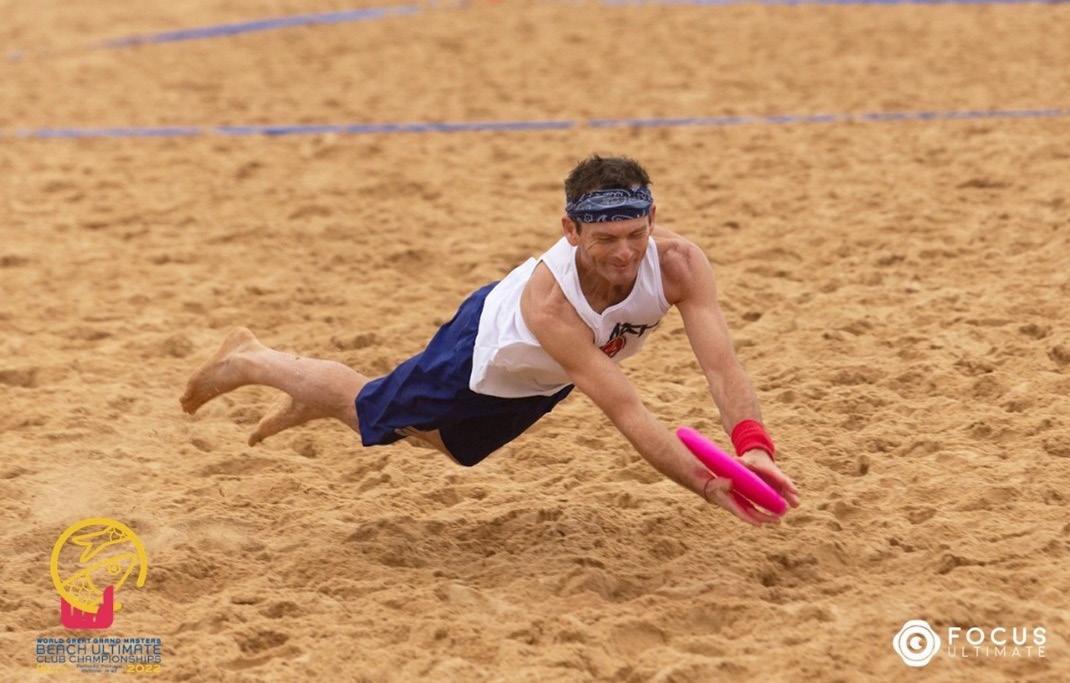
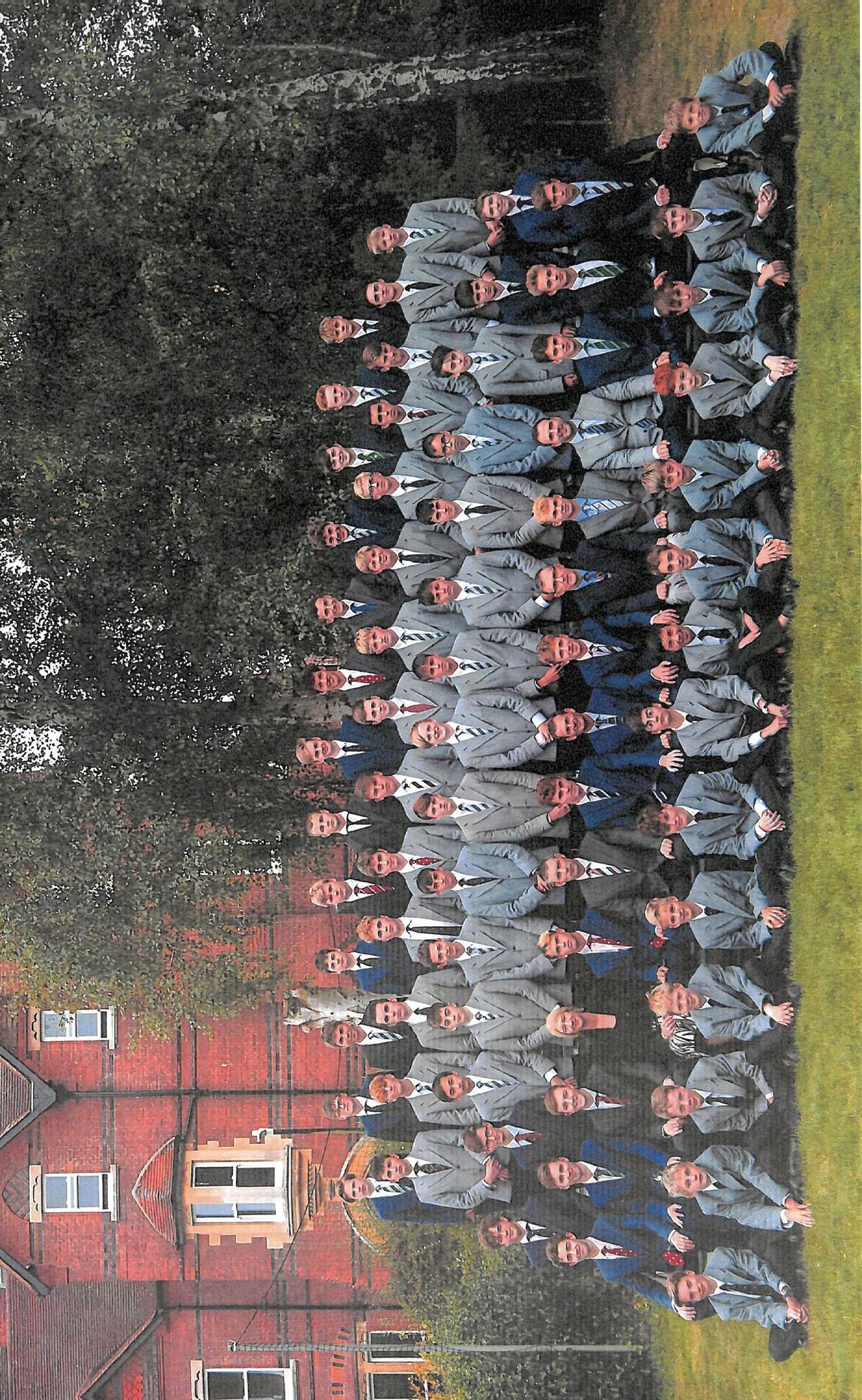
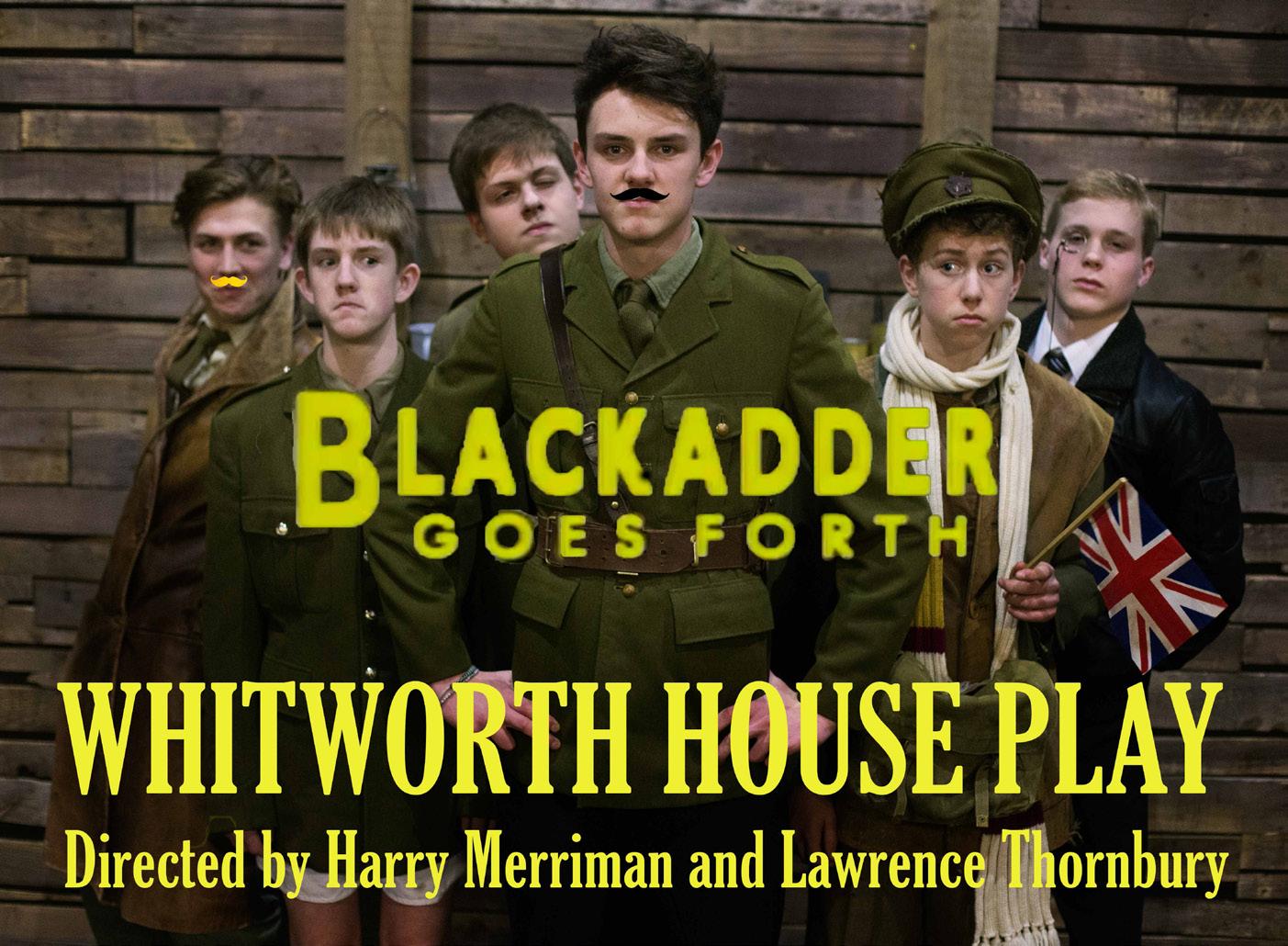
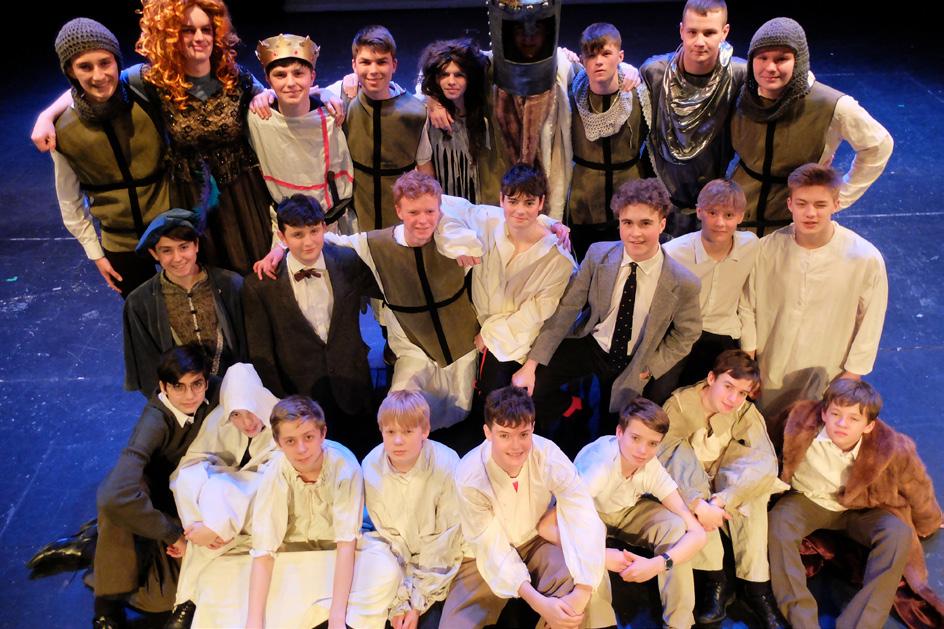

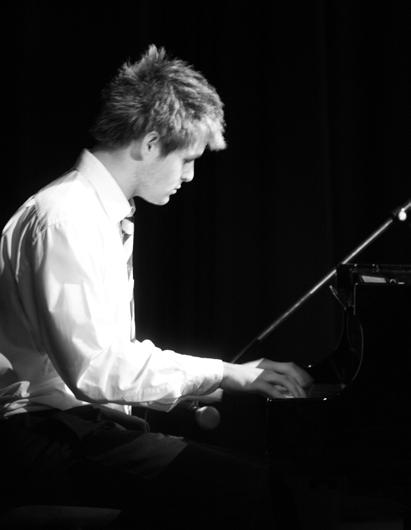
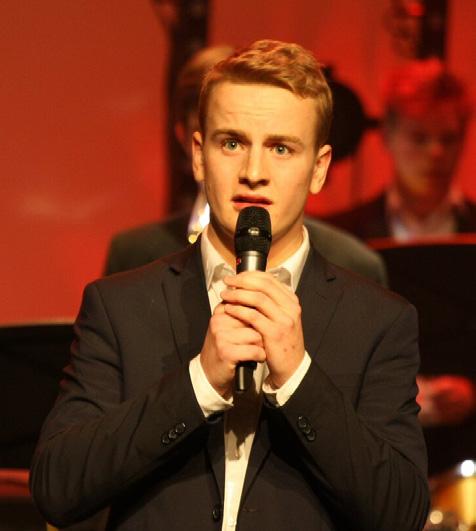
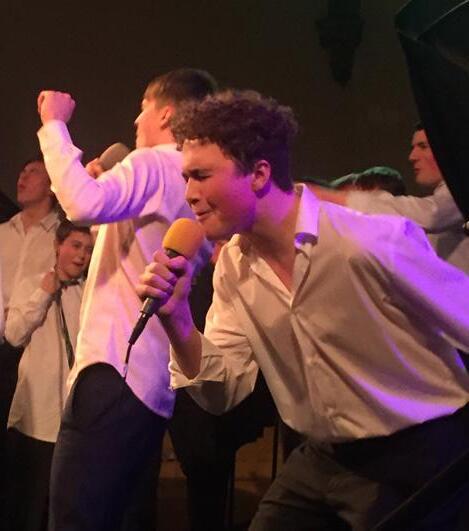

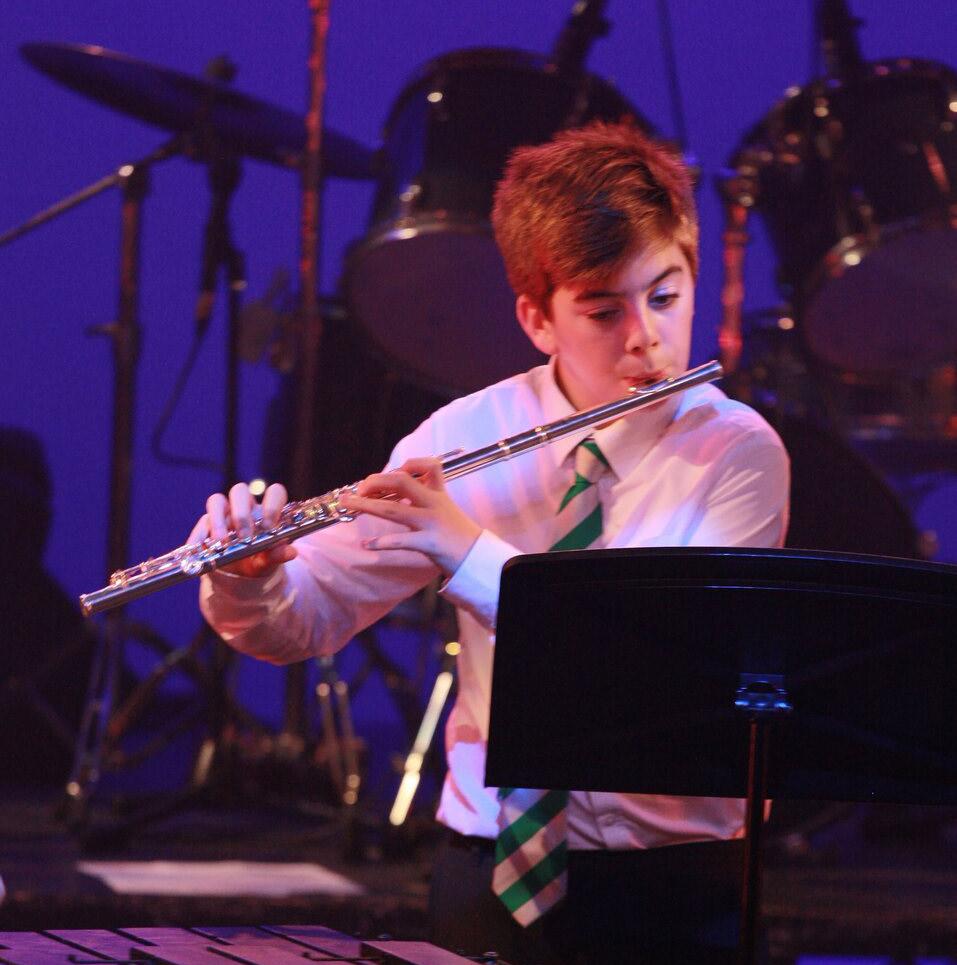
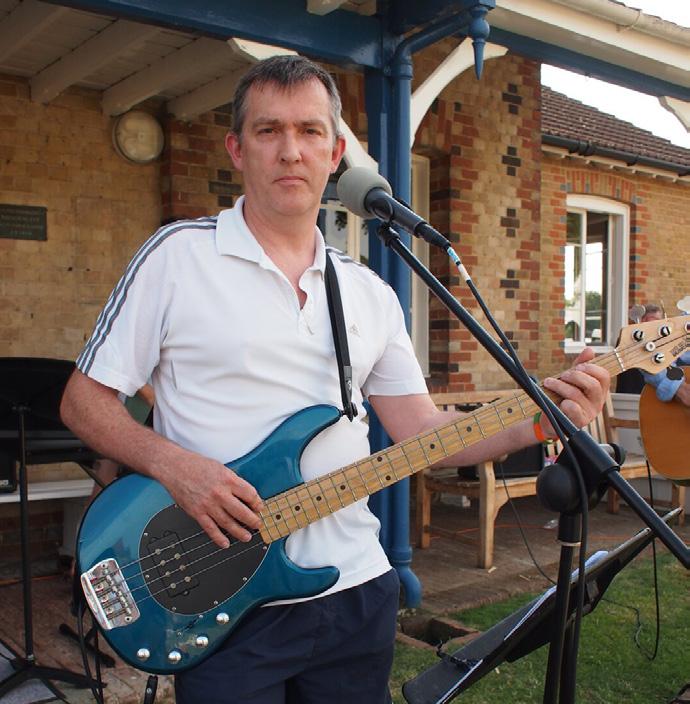
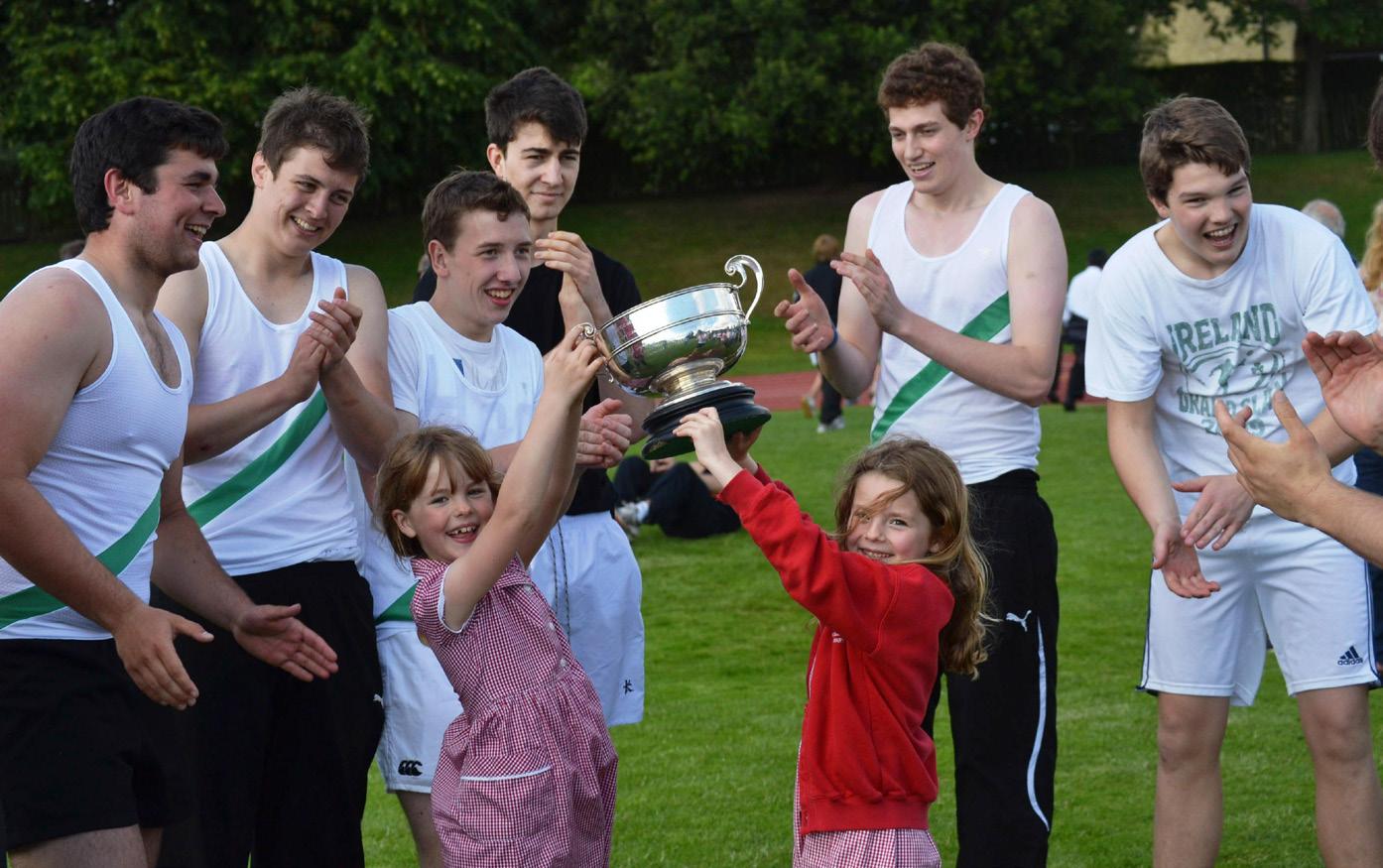

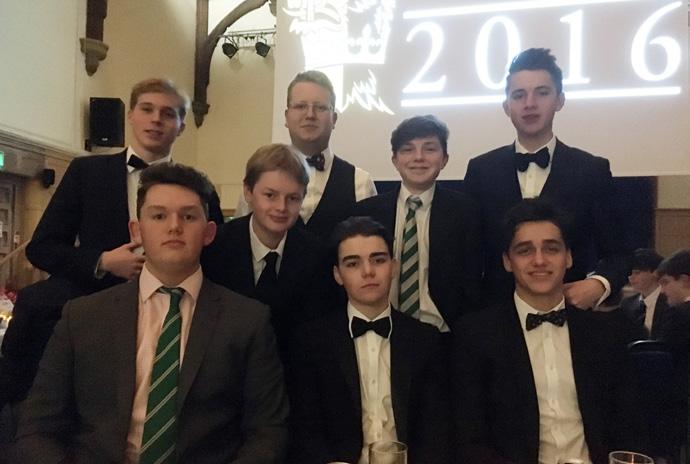
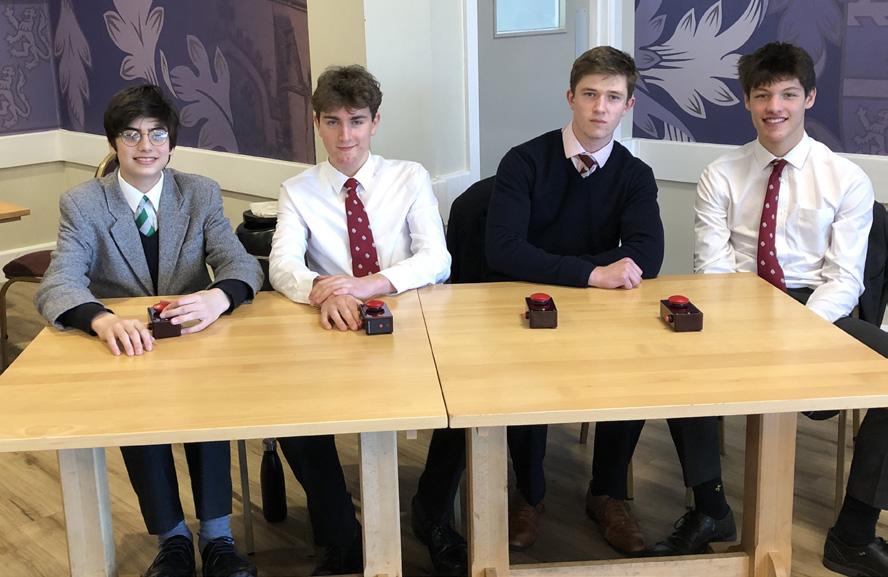
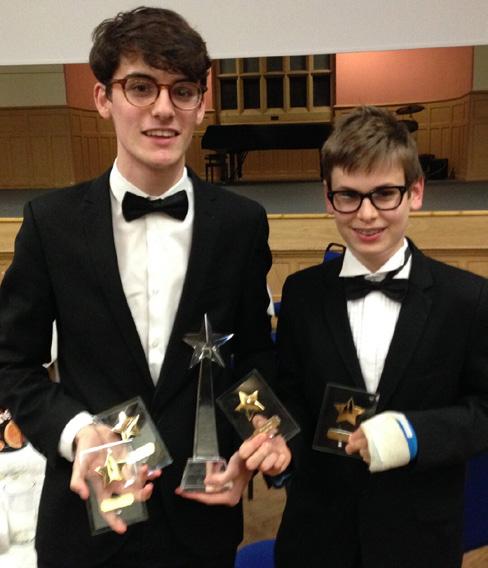
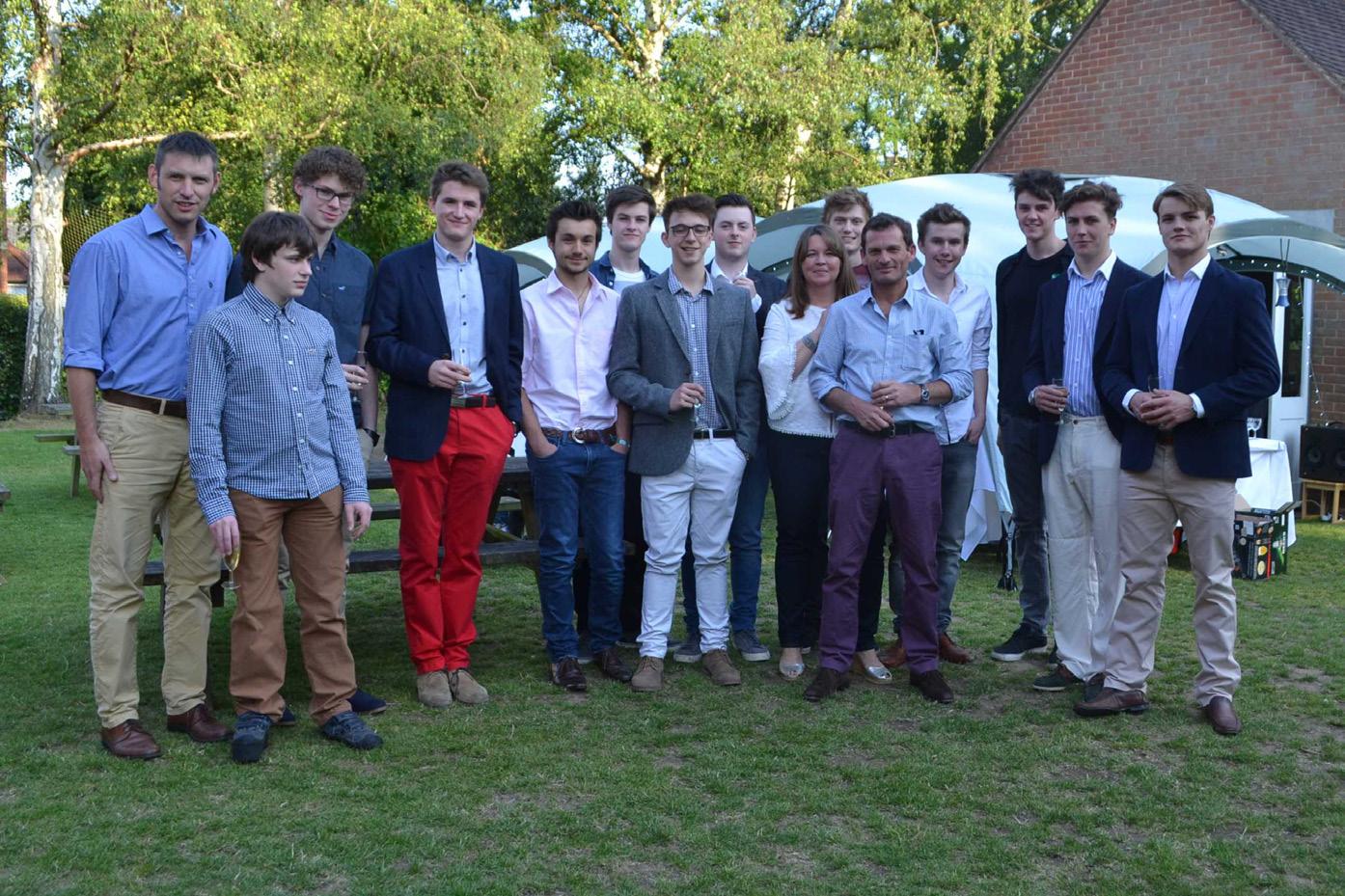
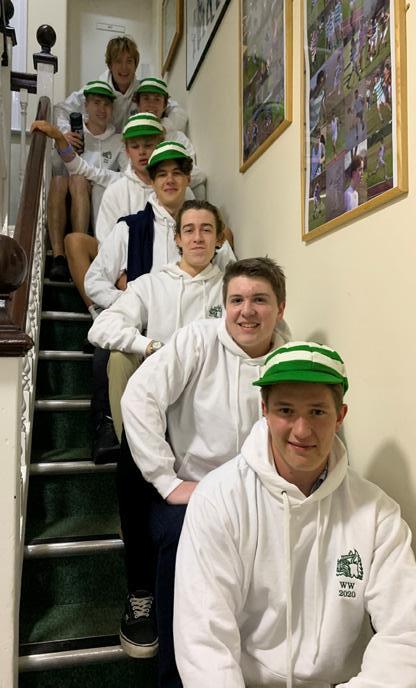
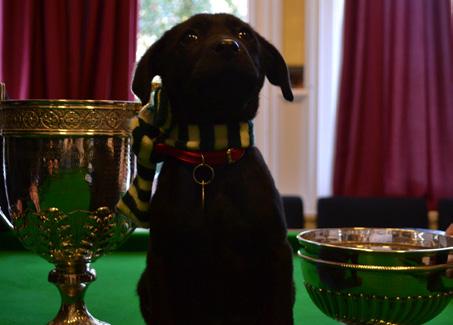
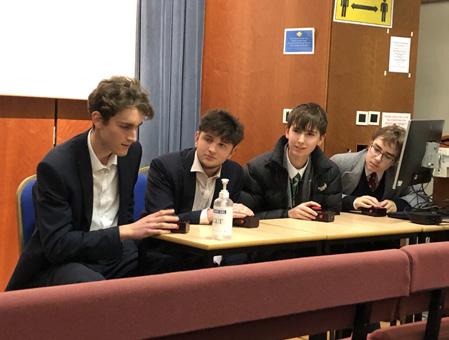
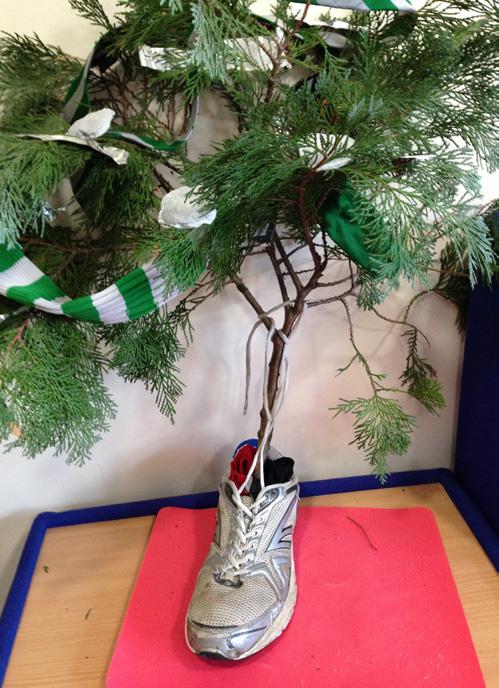

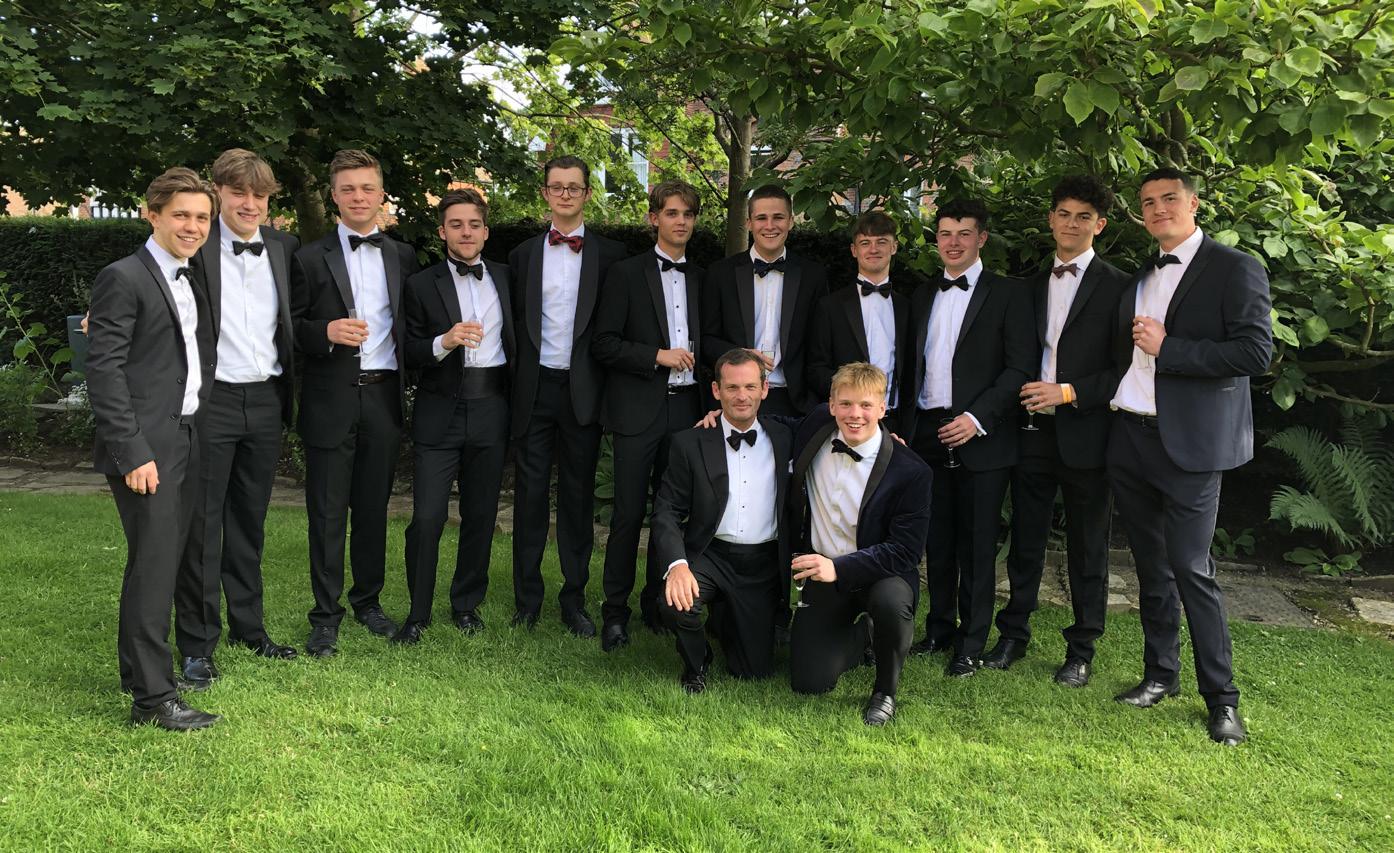

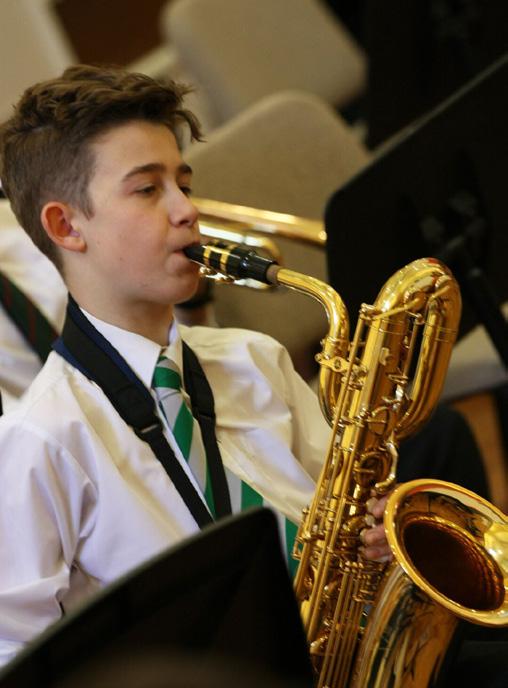
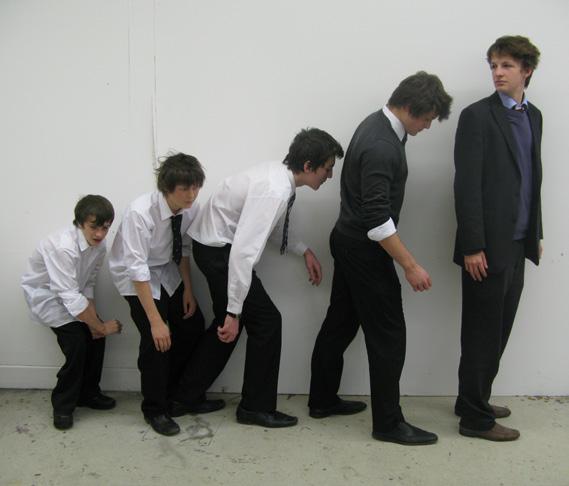
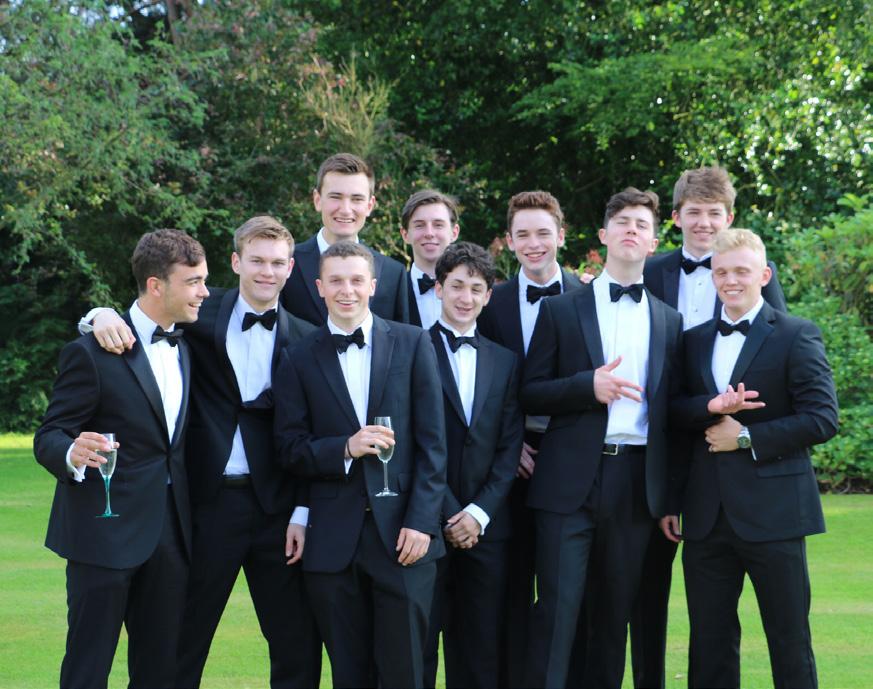
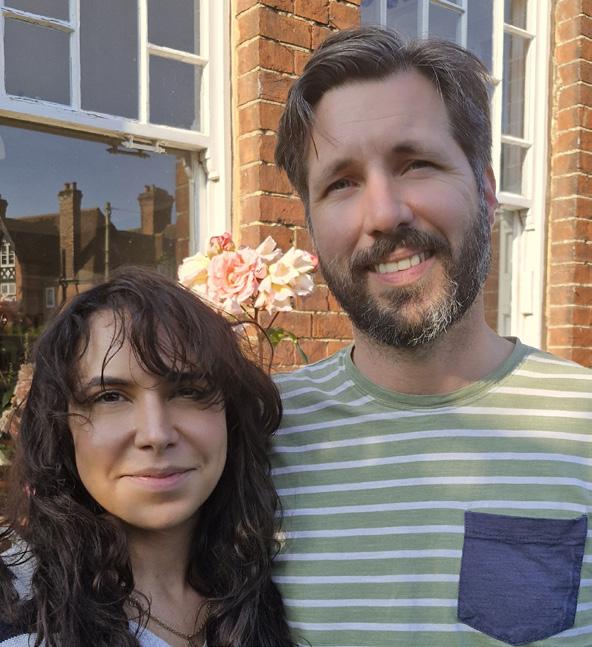
hen giving tours to prospective Whitworth parents, standing in the main hallway, I direct their gaze upwards, towards the first ever Whitworth house photos. There, smiling down, are 38 boys, a housemaster, and a friendly looking Basset Hound. I then draw their attention to our most recent house photo, where 71 boys, five tutors, and yours truly are seated (sadly no dog, as my Cairn terriers lack the required selfdiscipline to strike a calm pose for long enough). The obvious difference when contrasting these two images lies in the growth in the number of boys and, as I continue my tour, we walk through other areas where Whitworth has altered. The games room for instance, no longer a place for lunch, but for playing pool and table tennis. What used to be the kitchen where lunch was made now hosts a television and a piano. The housemaster’s study presently occupies a room that has previously been both a spillover dining room and a common room, and the private side is now a conglomeration of former common rooms and bachelor staff accommodation. Whilst these changes might be striking for Old Whitworthians taking a stroll through the house, I would suggest that, apart from the five decades between them, there is far more connecting these two house photos than separating them.
For instance, Whitworth remains a small community that offers a sense of belonging and identity to each boy that walks through its green front door. This is perhaps never more important than when boys first join Tonbridge, when nerves, perhaps evens fears, can be mollified by knowing that the initial task of ‘settling in’ isn’t quite as daunting as it first looks. Whitworth lunch, whilst now taken in the Orchard Centre, remains enormously important in helping boys feel welcomed and settled, not to mention allowing me the chance to catch up with the house during a hectic Tonbridge School day.
Whitworth also continues to be a source of friendship and sees both the inception and nourishment of social ties amongst the boys. In my two years as housemaster, seeing the bond that unites the UVI leavers has been heartening and, as much as the Leavers’ Service and Leavers’ Ball represent the formal farewells, that final game of football in the Whitworth garden is a strong marker of the central position the house plays in the boys’ social life at School and then as OTs.
Finally, I know Whitworth retains a central importance providing support for boys and parents when things (inevitably) go slightly awry or difficult times approach. If one thing hasn’t changed in 50 years, it is the fact that adolescence can be a phenomenally difficult thing for families to navigate. Whilst much of the support and guidance now arrives via email and Microsoft Teams calls with parents, the central role of the house as support mechanism thrives today as much as it always has.
It is a privilege to be the current Whitworth housemaster. I know and see so much of its character and history each day and I am lucky that I can play a small part in steering it on its course towards another successful 50 years.
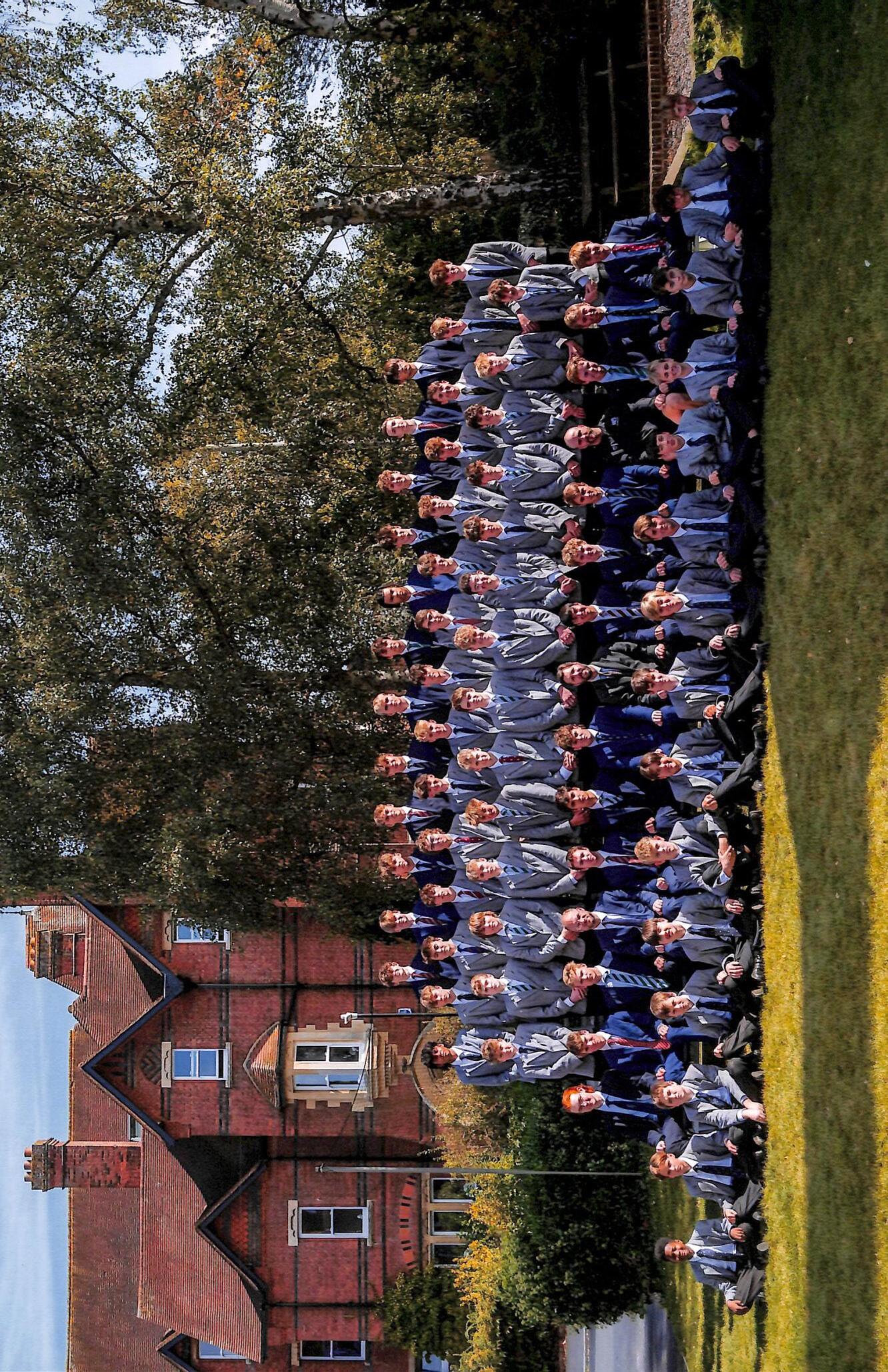
1974 - Richard Macnamara
1975 - William Allbrook
1975 - Richard Kneen
1976 - Richard Kitchen
1977 - Gavin May
1978 - Mark Carwardine
1979 - Michael Thomas
1980 - David Roberts
1981 - Mark Field
1982 - Martin Glen
1983 - Howard Stevens
1984 - Jeremy Longley
1984 - Chris Stevens
1985 - Hugh Tebay
1986 - Richard Hargrove
1986 - Simon Bazell
1987 - Jonathan Barker
1988 - Chris Watts
1989 - Akash Sachdeva
1990 - Daniel Moorey
1991 - James Tarry
1992 - Angus Brown
1993 - Nick Crombie
1994 - Ben Handyside
1995 - Ben Grant
1996 Thomas Davis
1997 - Michael Bird
1998 - Edward MacLaren
1999 - Daniel May
2000 - Nicholas Winder
2001 - James Gwinnett
2002 - William Fagg
2003 - David Gregory
2004 - Oliver Samuelson
2005 - Chris McWilliams
2006 - Edward Halford
2007 - Paul Merchant
2008 - Edward Cloke
2009 - Matthew Chipping
2010 - Christopher Hutchinson
2011 - Alex Beveridge
2012 - Nick Denton
2013 Tom Nicholls
2014 - Harry Buttery
2015 - Will Bench
2016 - Charlie Oster
2017 - Nico Riordan
2018 - Charlie Pearson
2019 - Ed Surguy
2020 - Zac Ribbins
2021 - Mateus Jezia
2022 - Marius Kobler
2023 - Nicholas Laidlaw
2024 - Ben Millett
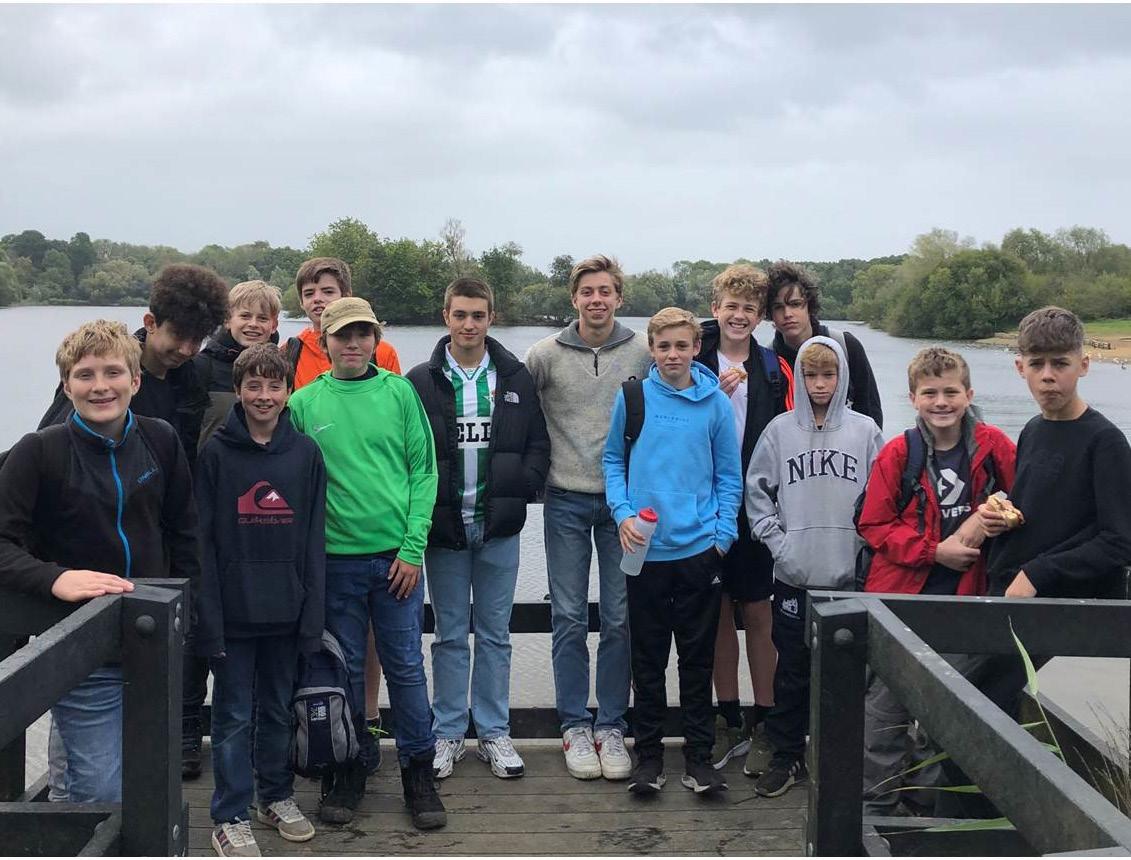
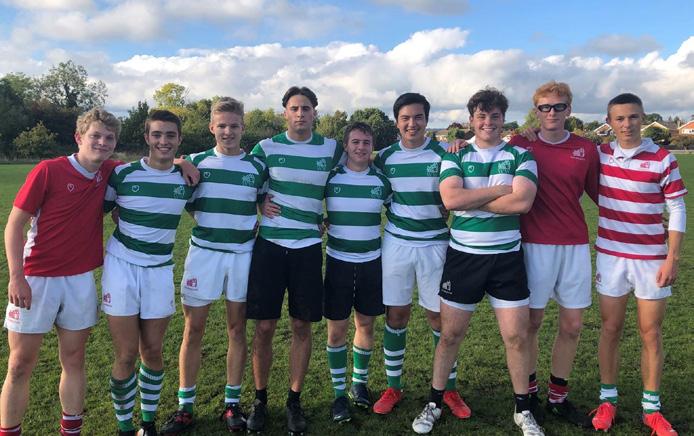
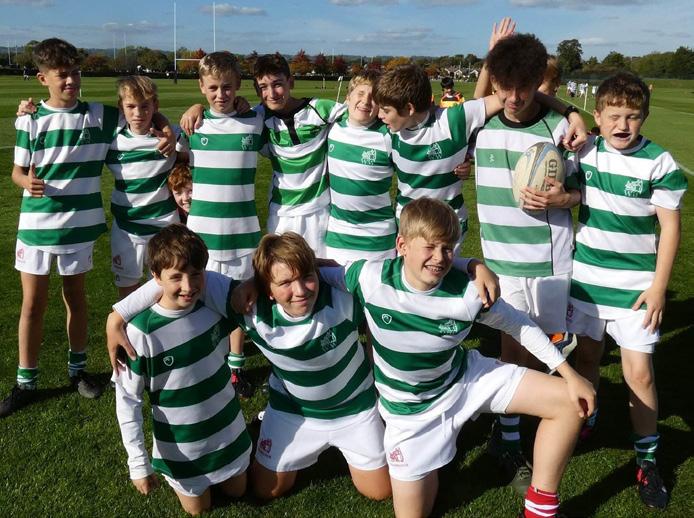
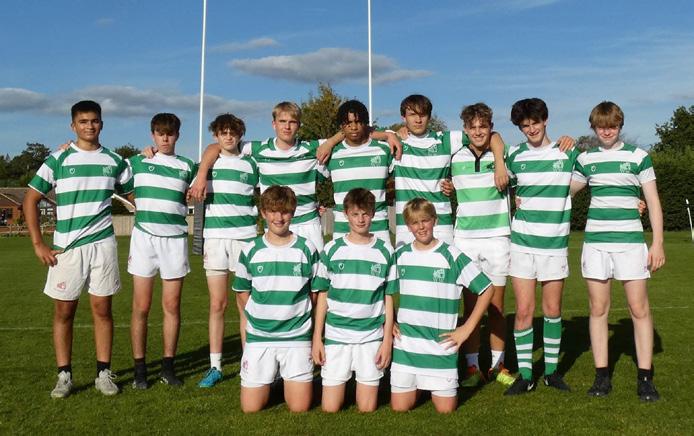
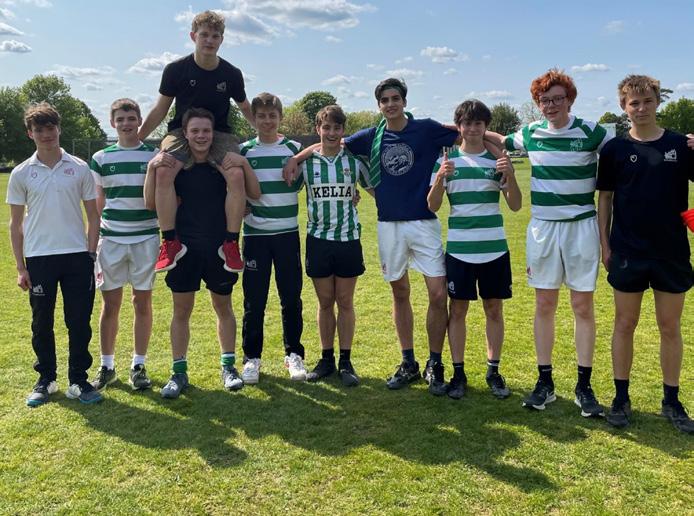
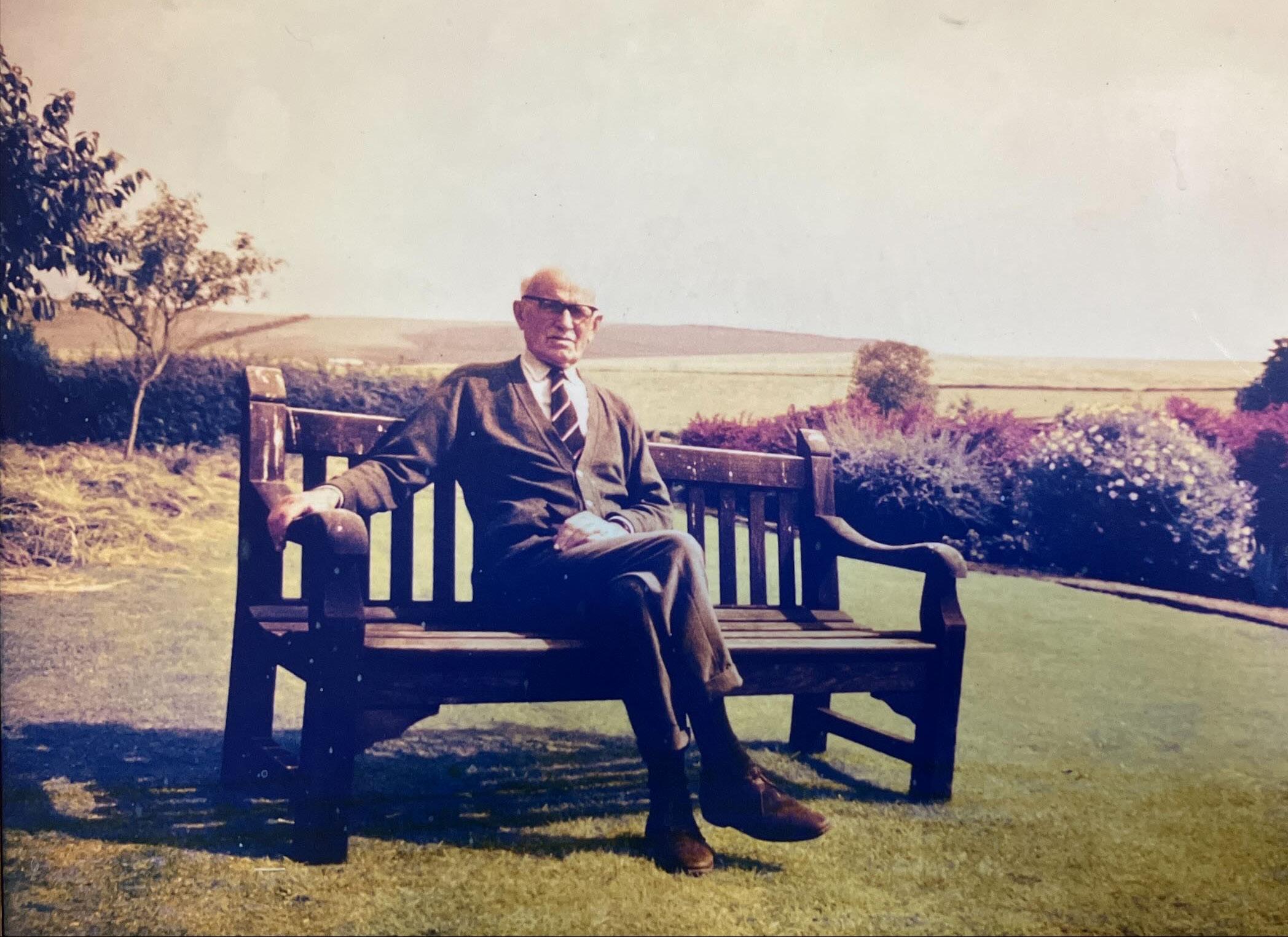
Eric Whitworth (unknown location)
On permanent display in Whitworth House
Heritage
We are very keen to add to our archives and would be incredibly grateful for any memories or photographs. We are very happy to return any items to you once they have been scanned.
Since its foundation by Sir Andrew Judde in 1553, the School has amassed a rich and substantial archive of historical records, which are critical to our understanding of the School’s 500-year history, culture and identity. The Tonbridge School Archive exists to collect, catalogue and preserve this tremendous history, and maintains records of all kinds.
The archive is still in its infancy, and we hope to be able to digitise much more of our archive material as funds become available. We are always very grateful if you have memorabilia in your possession that you would be willing to donate to Tonbridge School.
Please contact Bev Matthews who will happily help you with any request: beverley.matthews@tonbridge-school.org
Christopher Baily (WW 96-01)
Marc Ballantine (WW 83-88)
Simon Bazell (WW 82-87)
Crispin Collings (WW 76-81)
Philip Cowper-Coles (PS/WW 71-76)
Adrian Greenwood (WW 86-91)
Richard Jenner (WW 84-89)
Christopher Klopper (WW 73-78)
Richard Kneen (WW 71-75)
Dominic Low (WW 89-94)
George Somerset (WW/MH 12-17)
Barry Orchard (Housemaster 74-79)
Peggy Bawcutt (Matron 74-79)
Heather Cooper (Whitworth Cleaner)
Maggie Bennett (Whitworth Catering Front of House)
With many thanks to Jody Taylor in Reprographics, Tonbridge School Archives presents:
